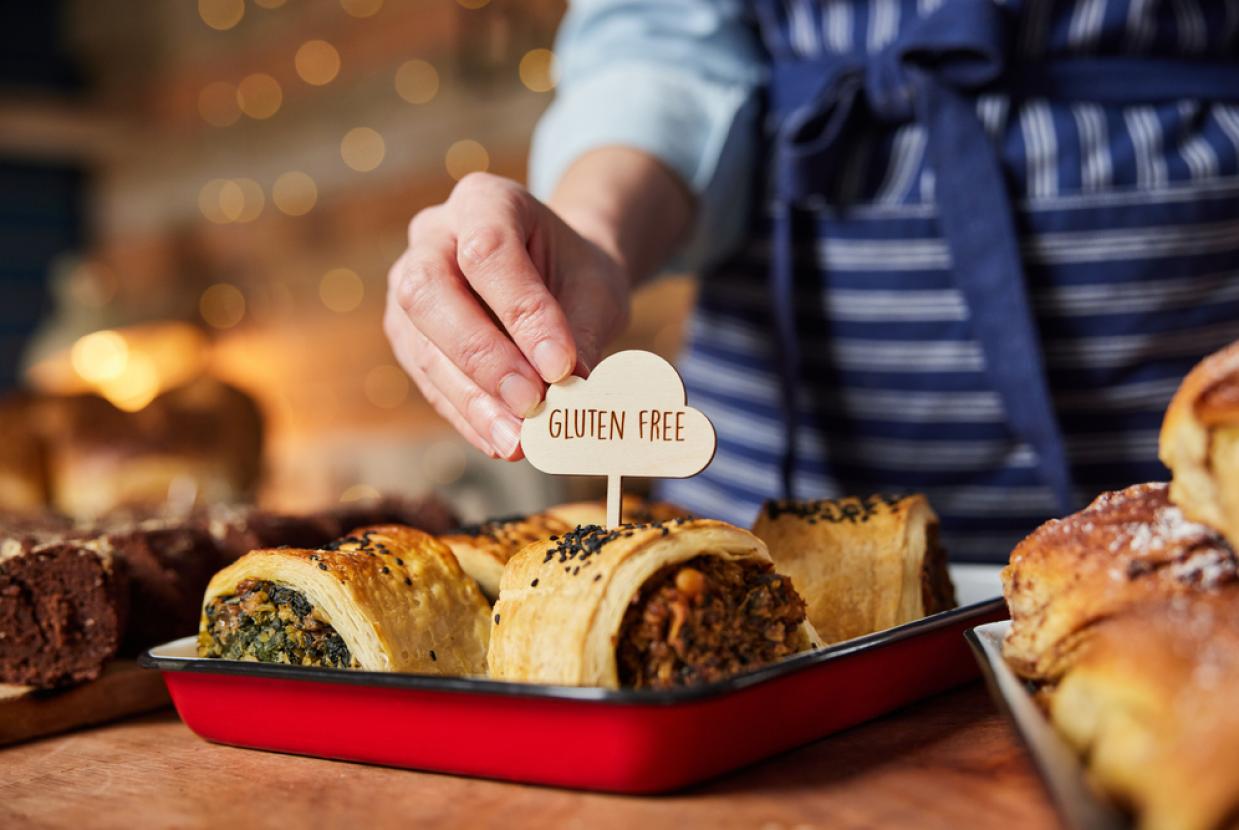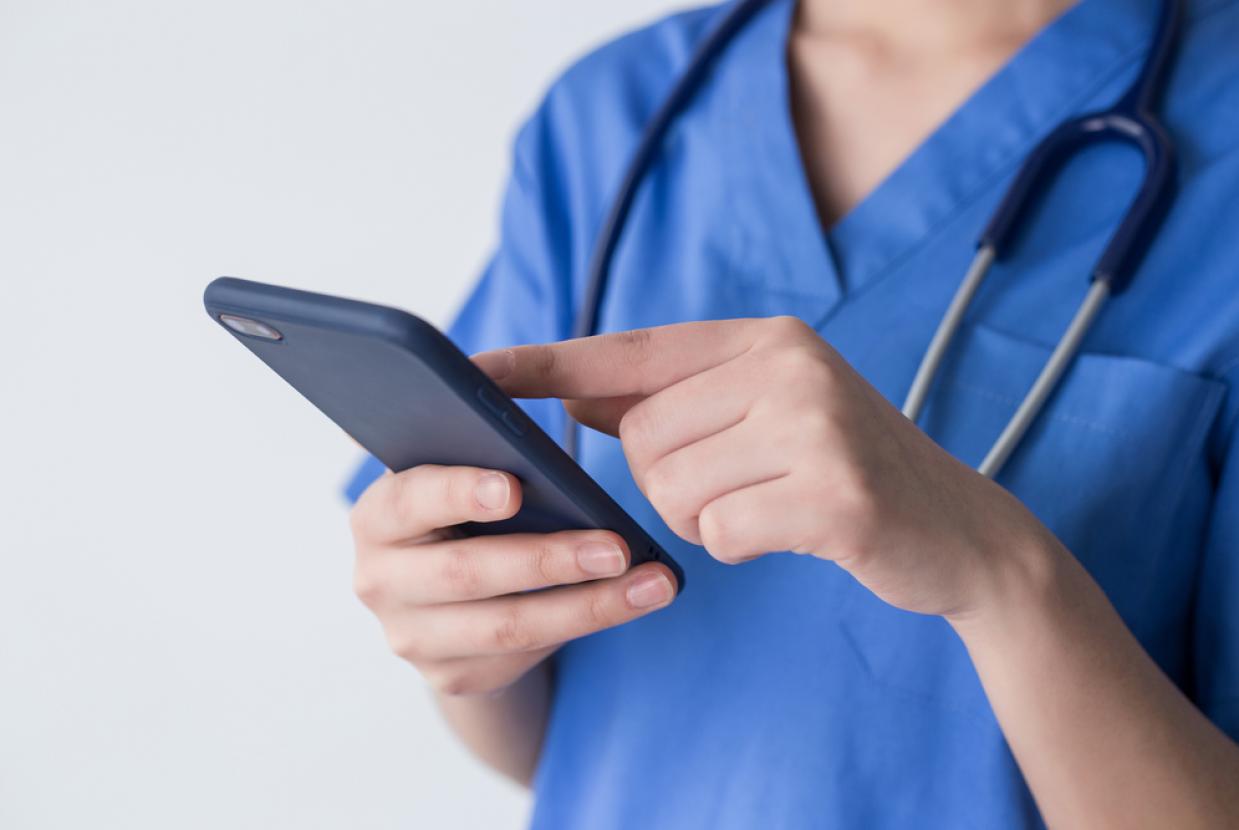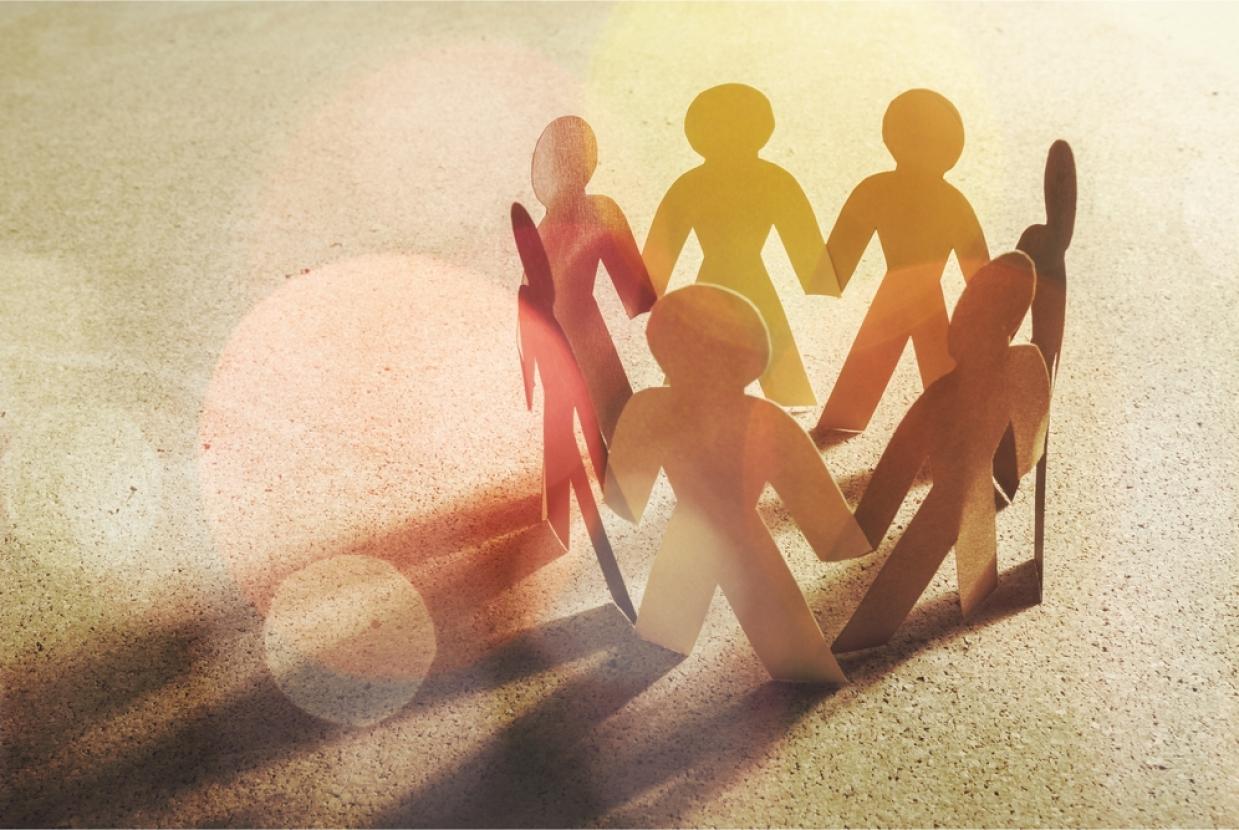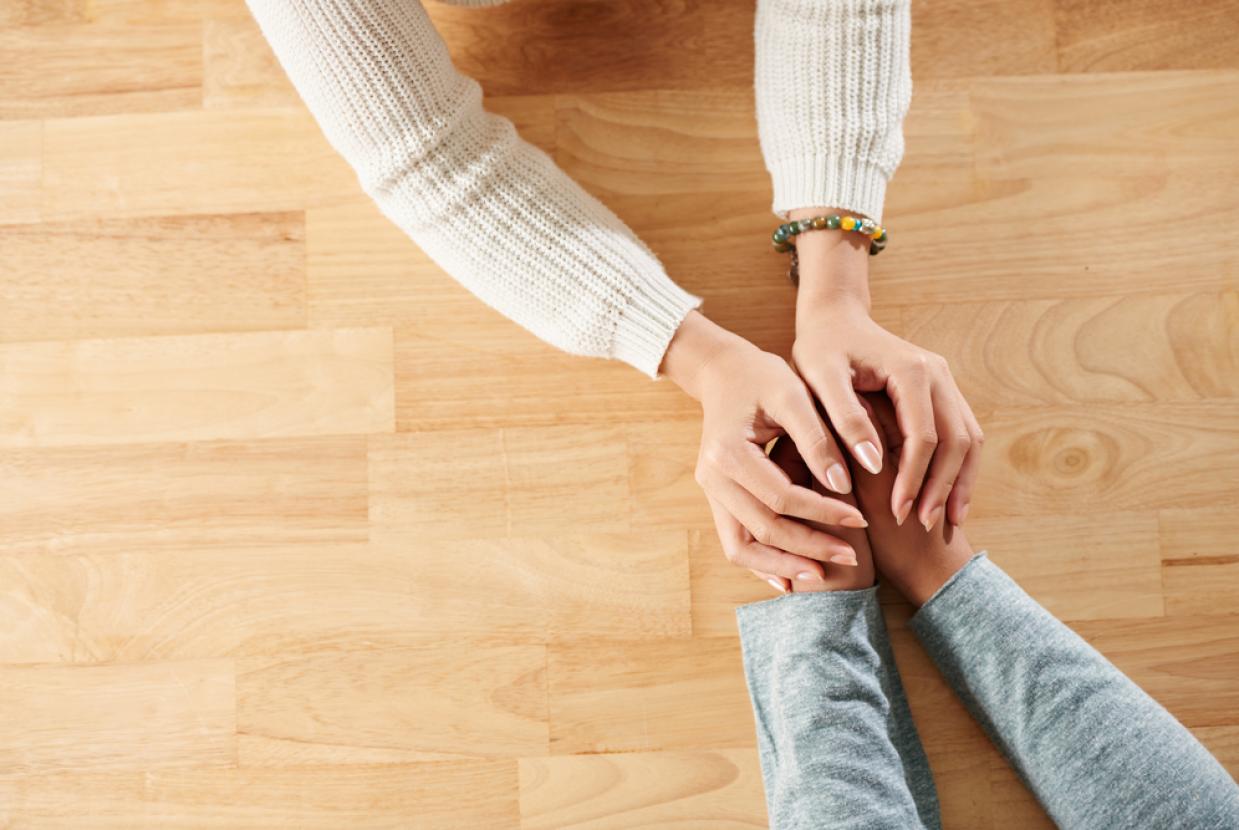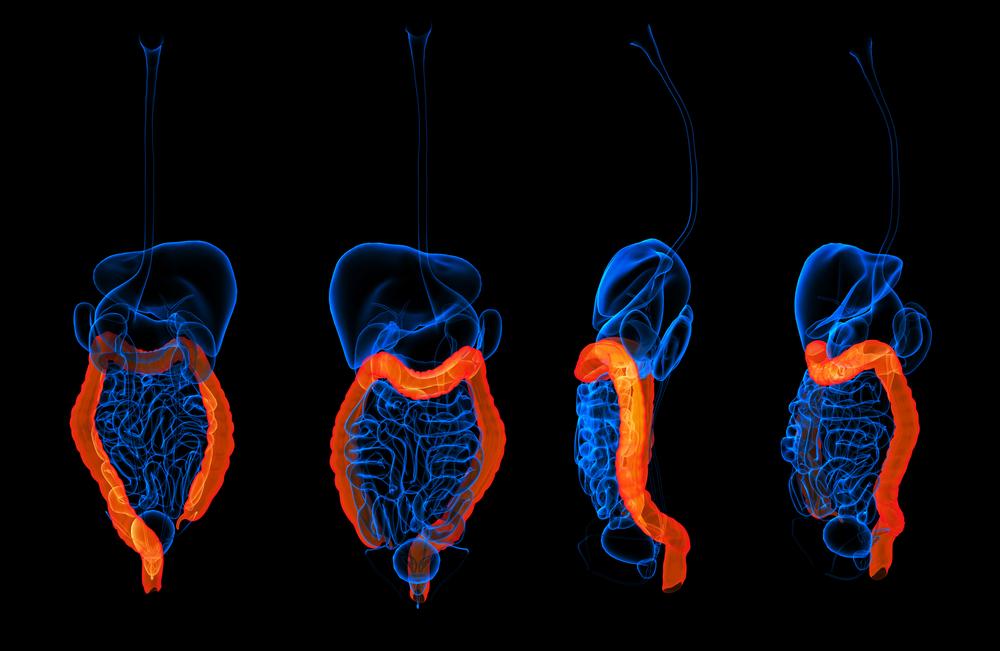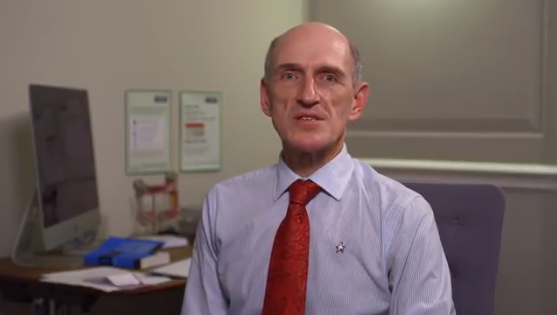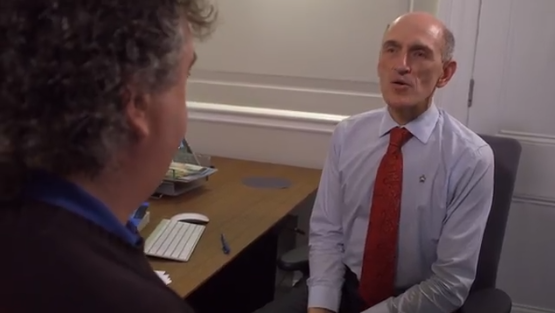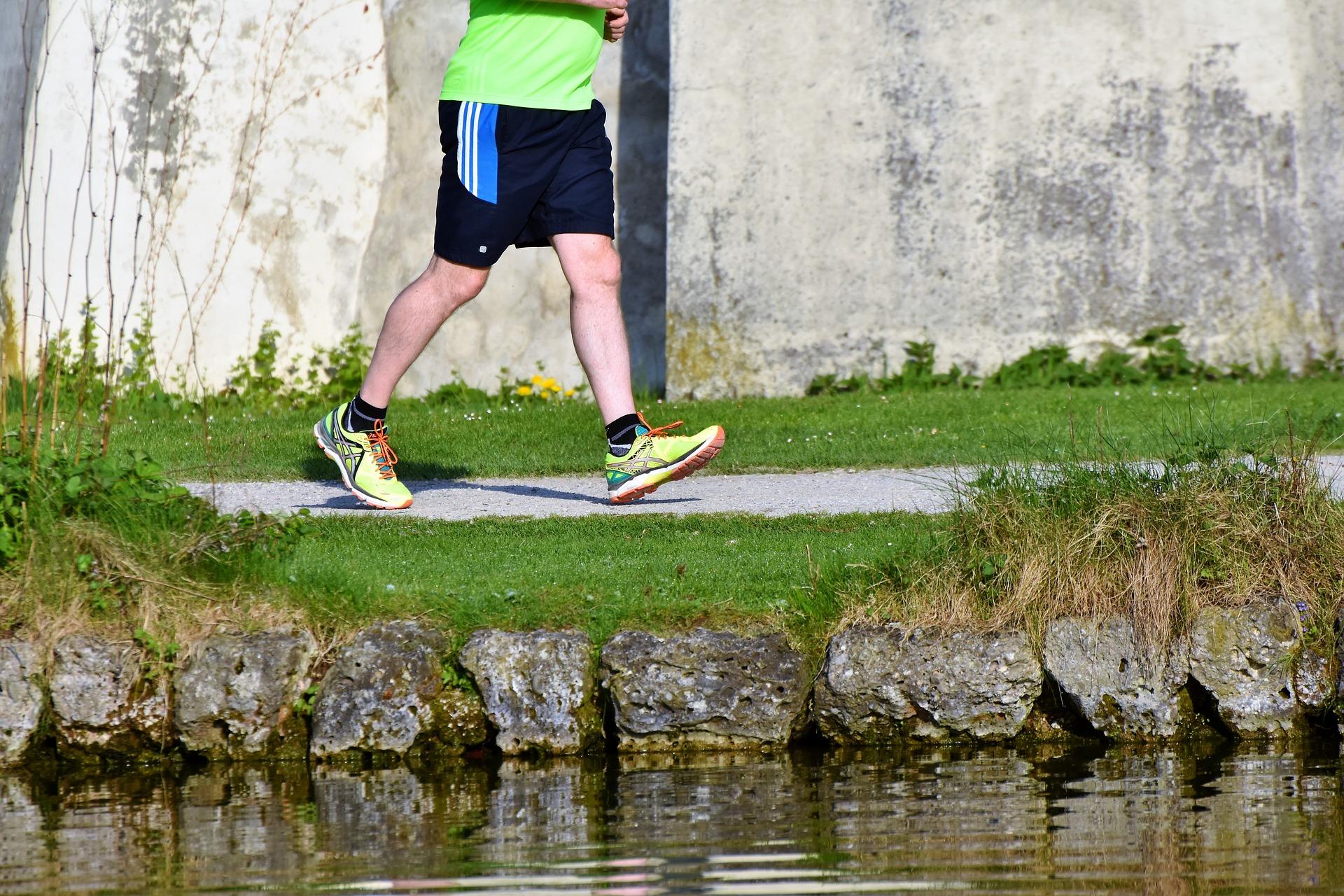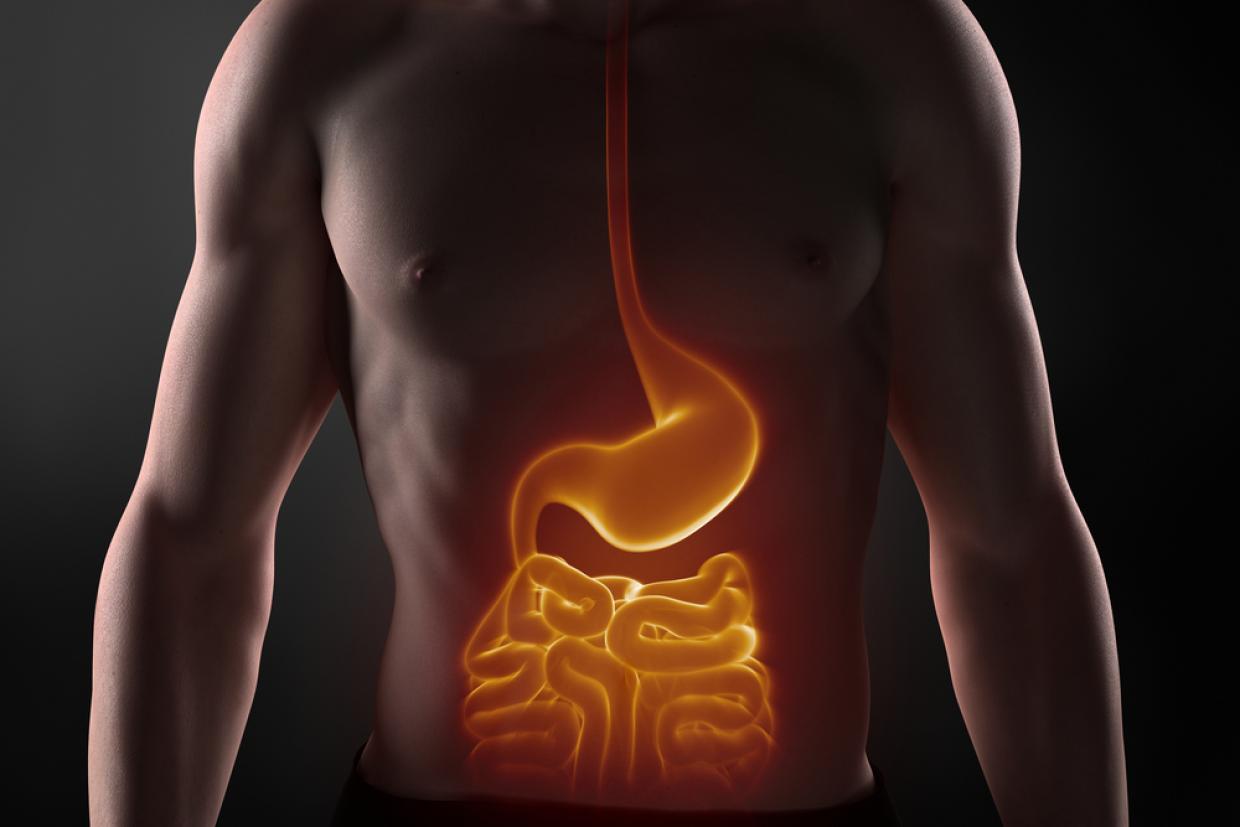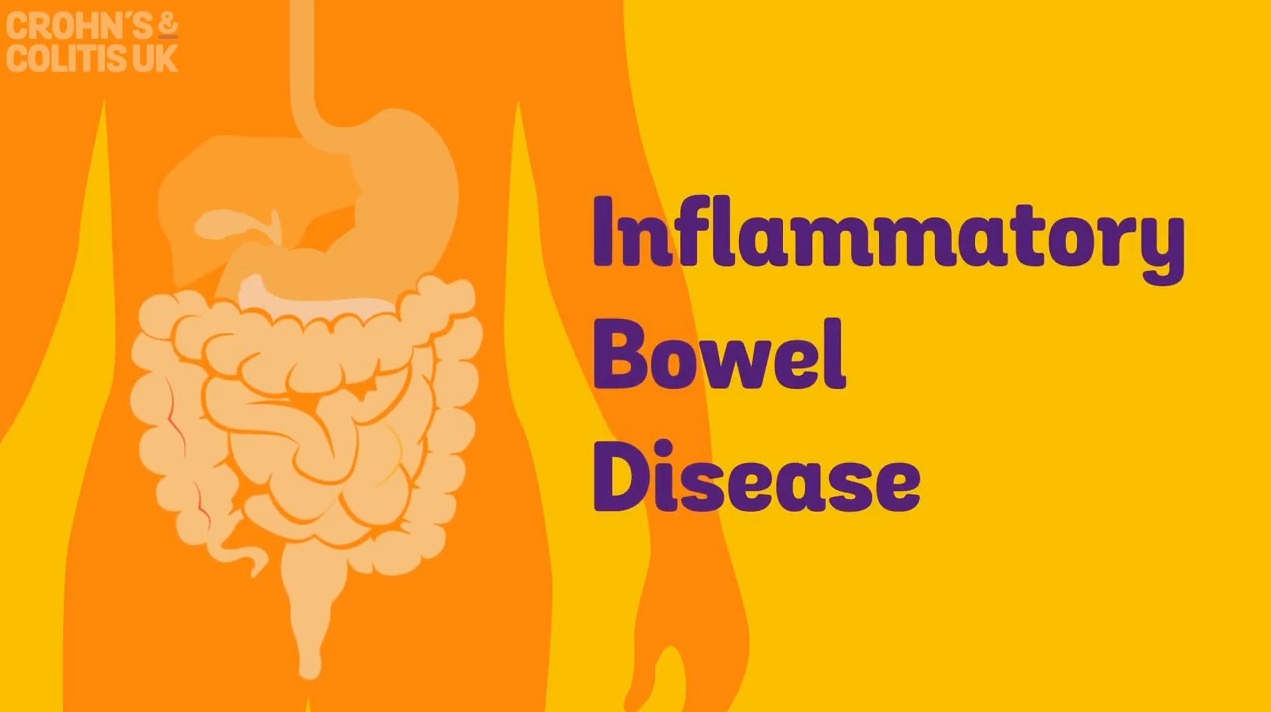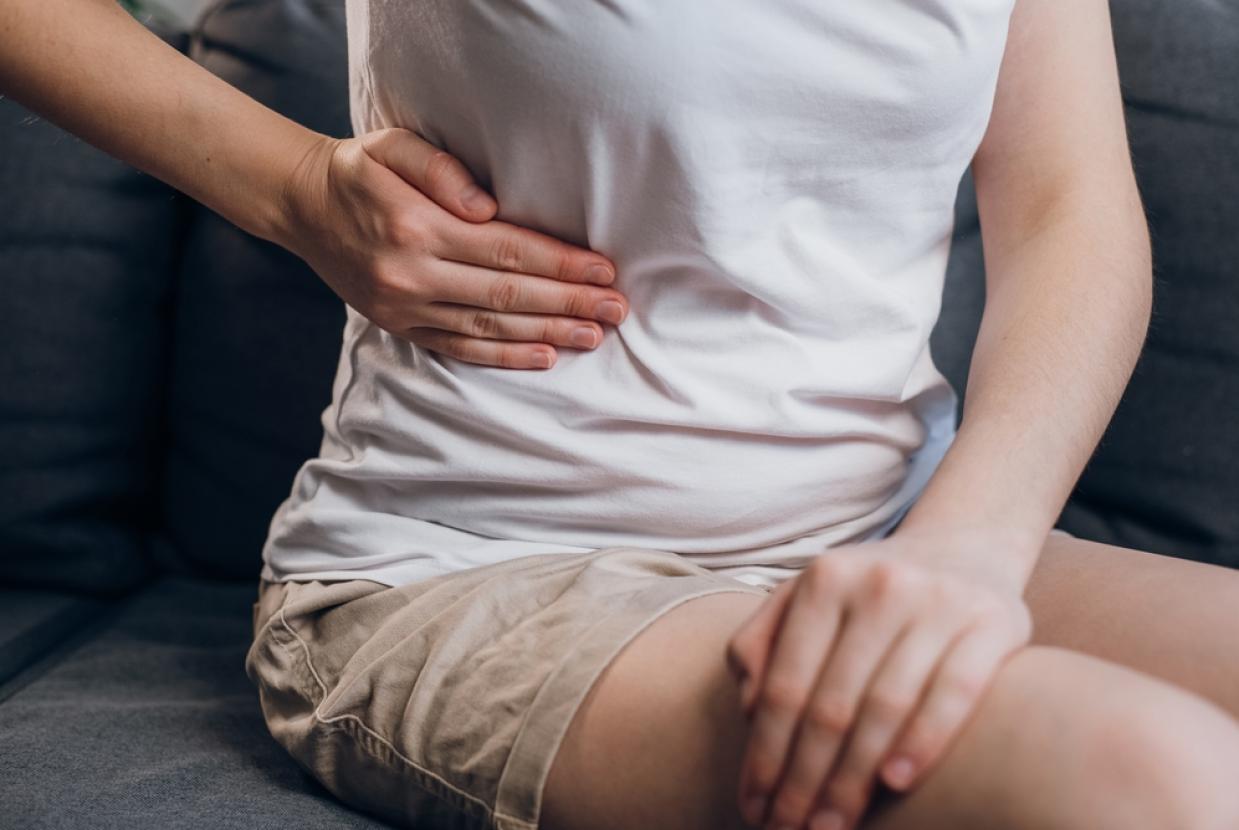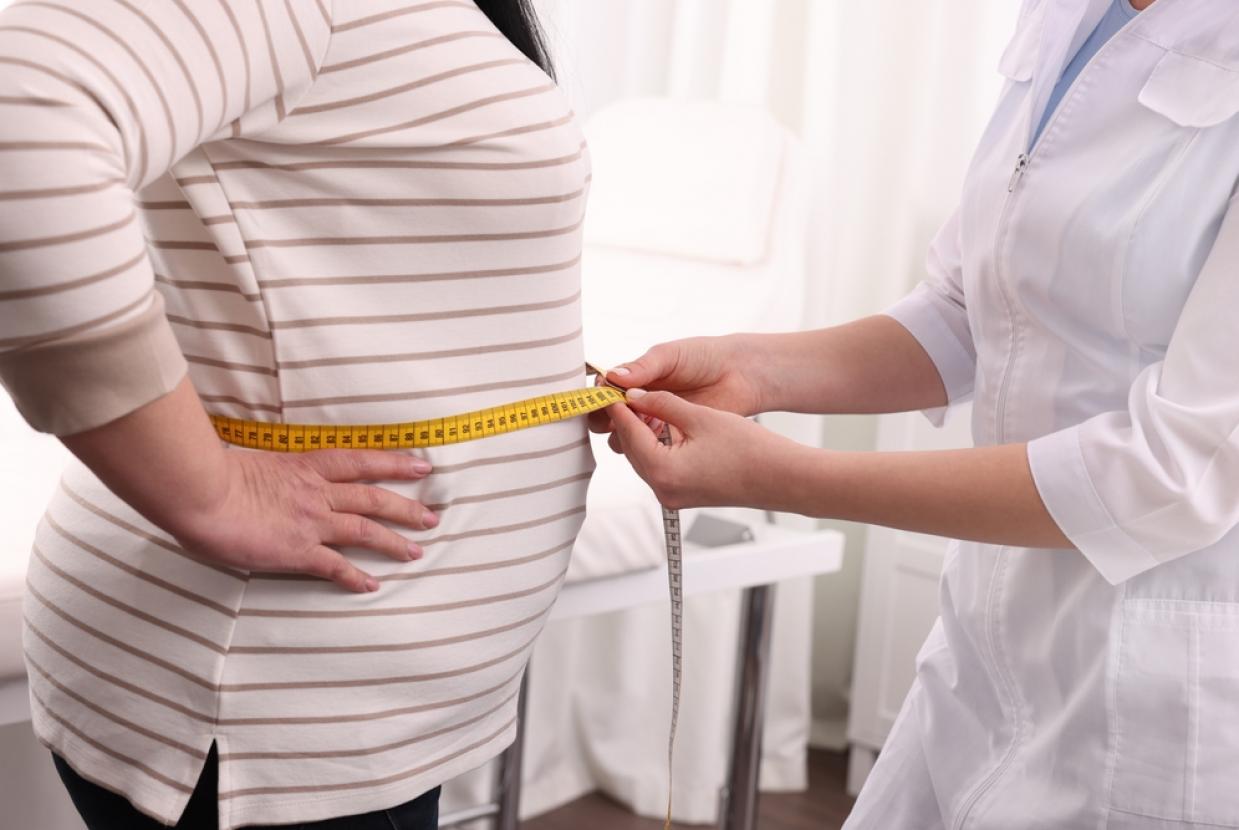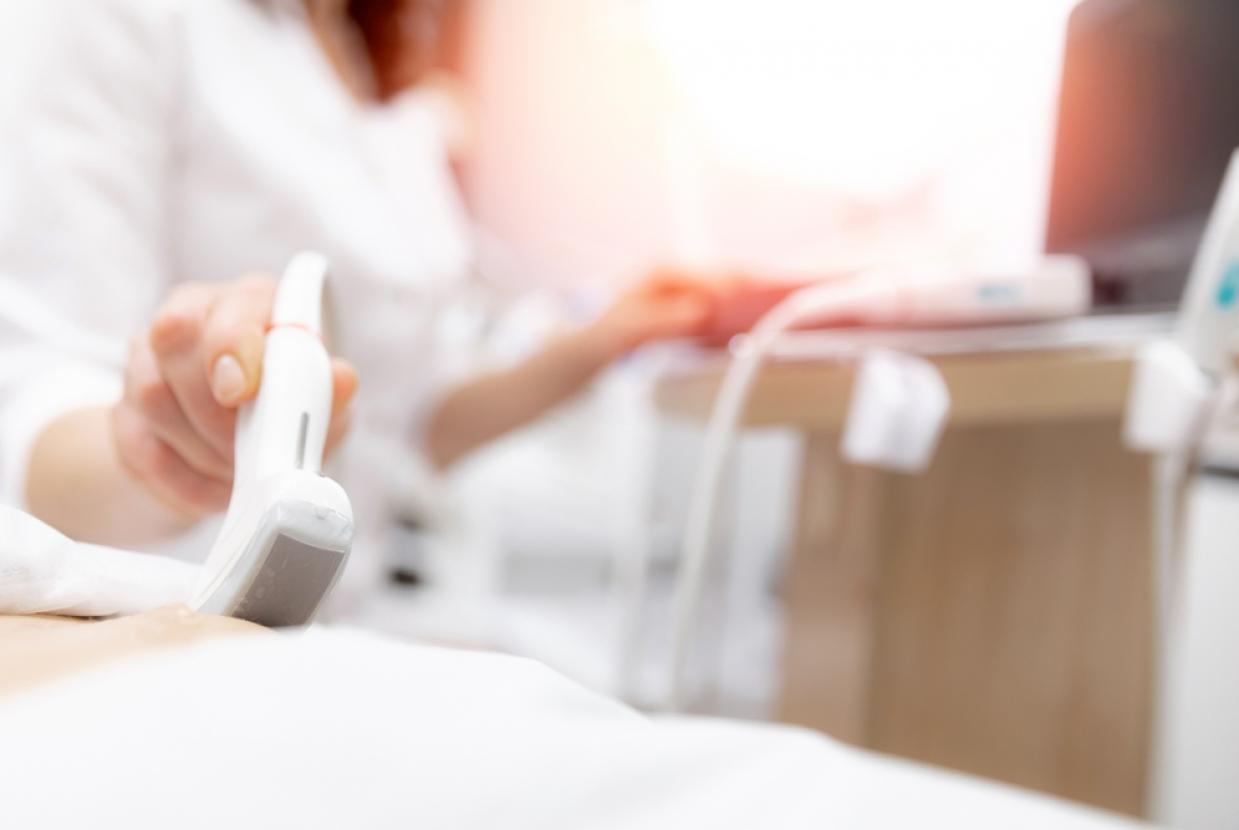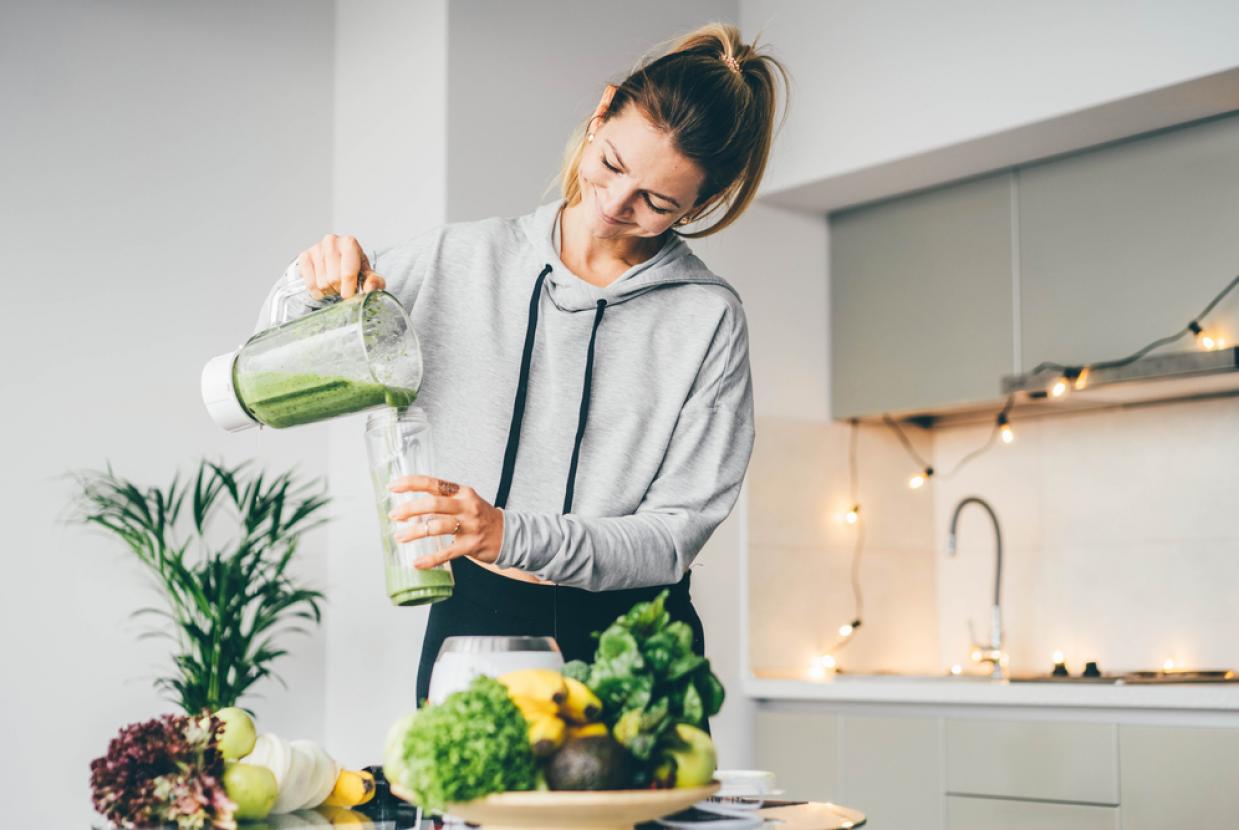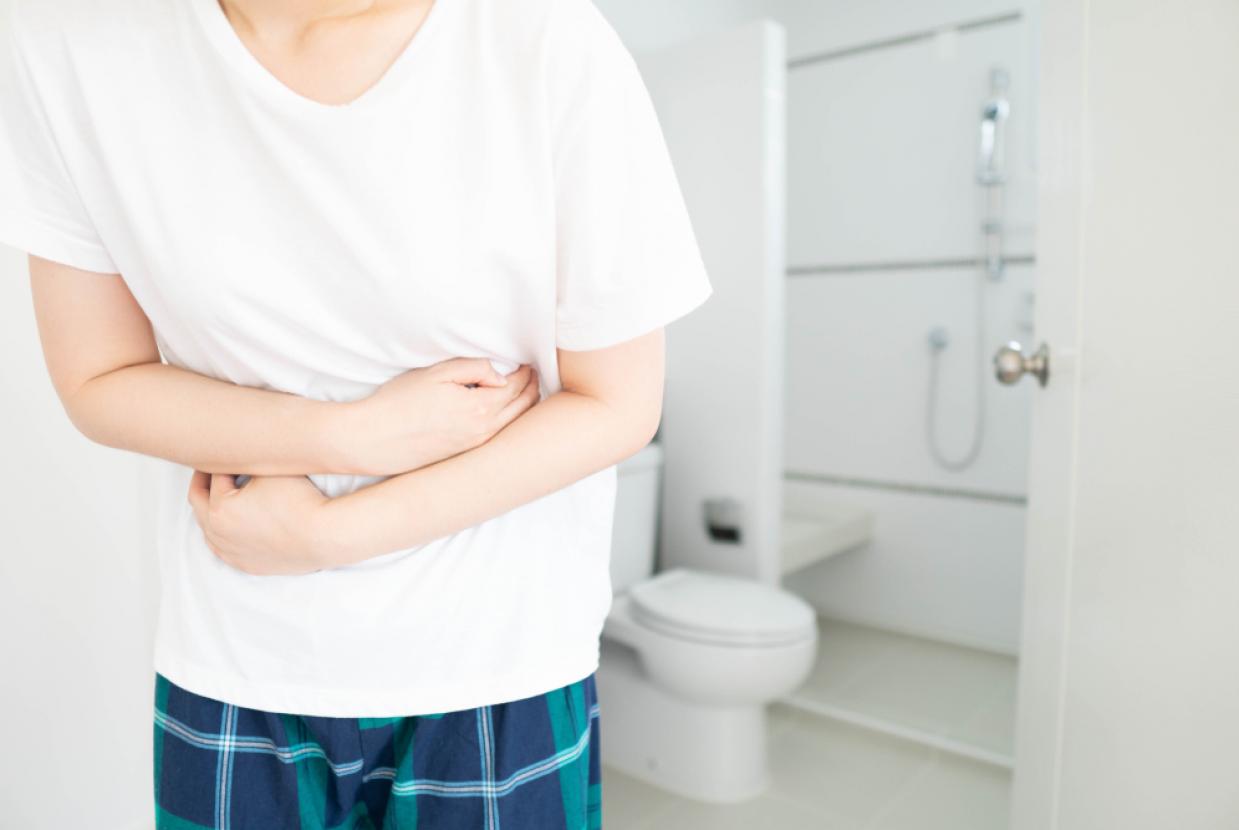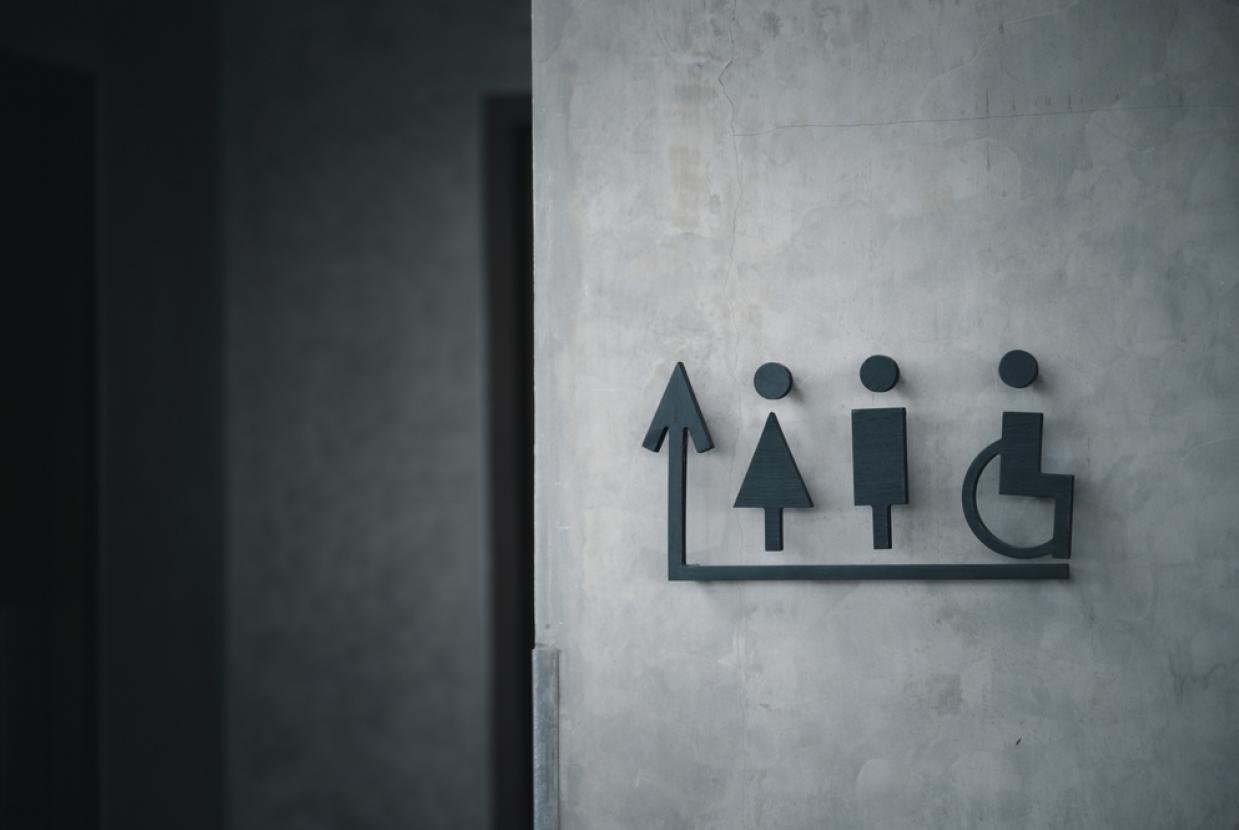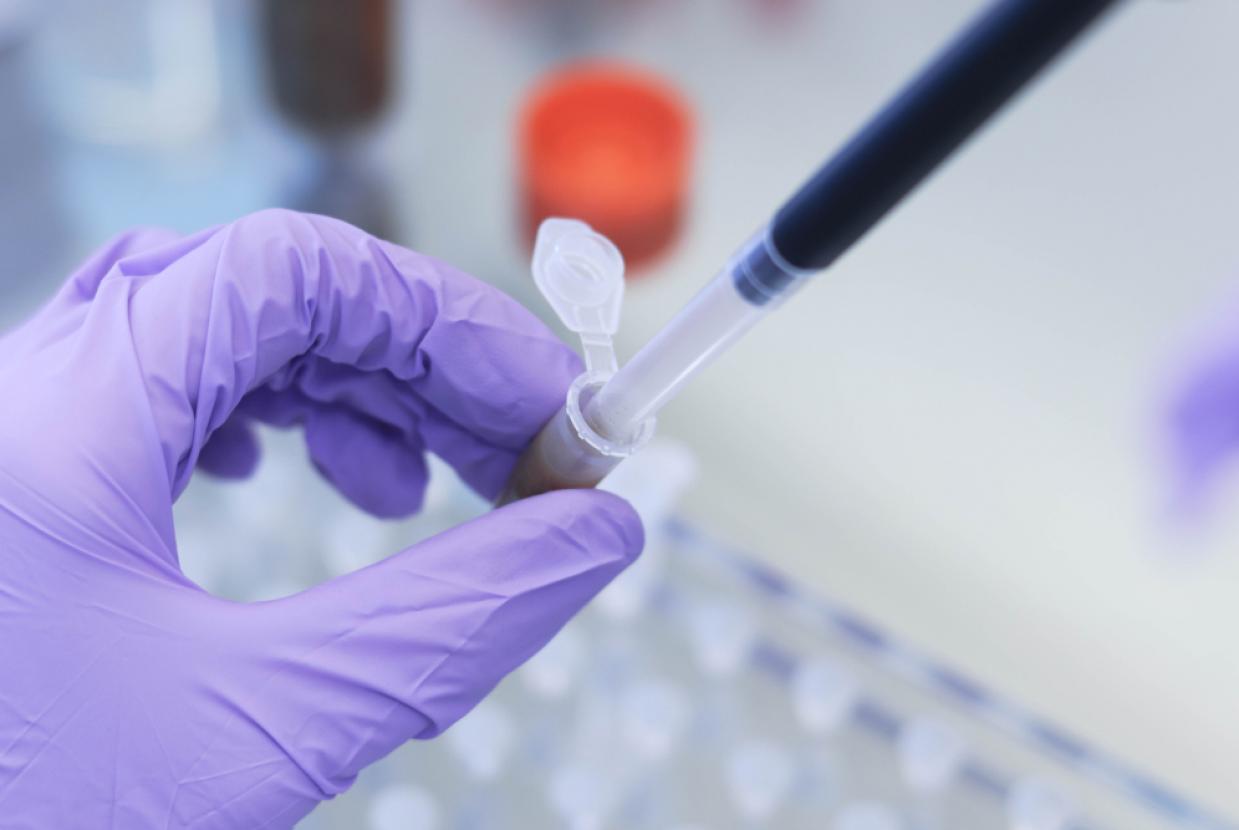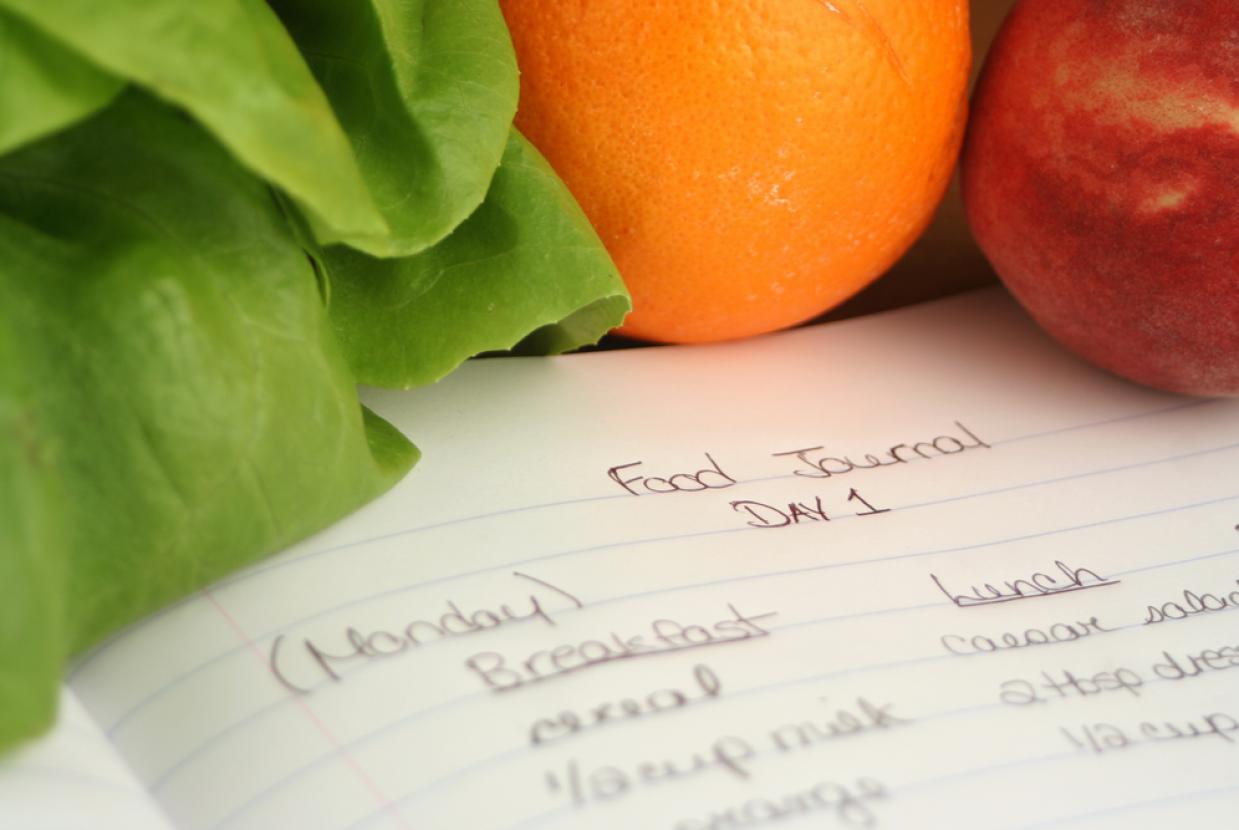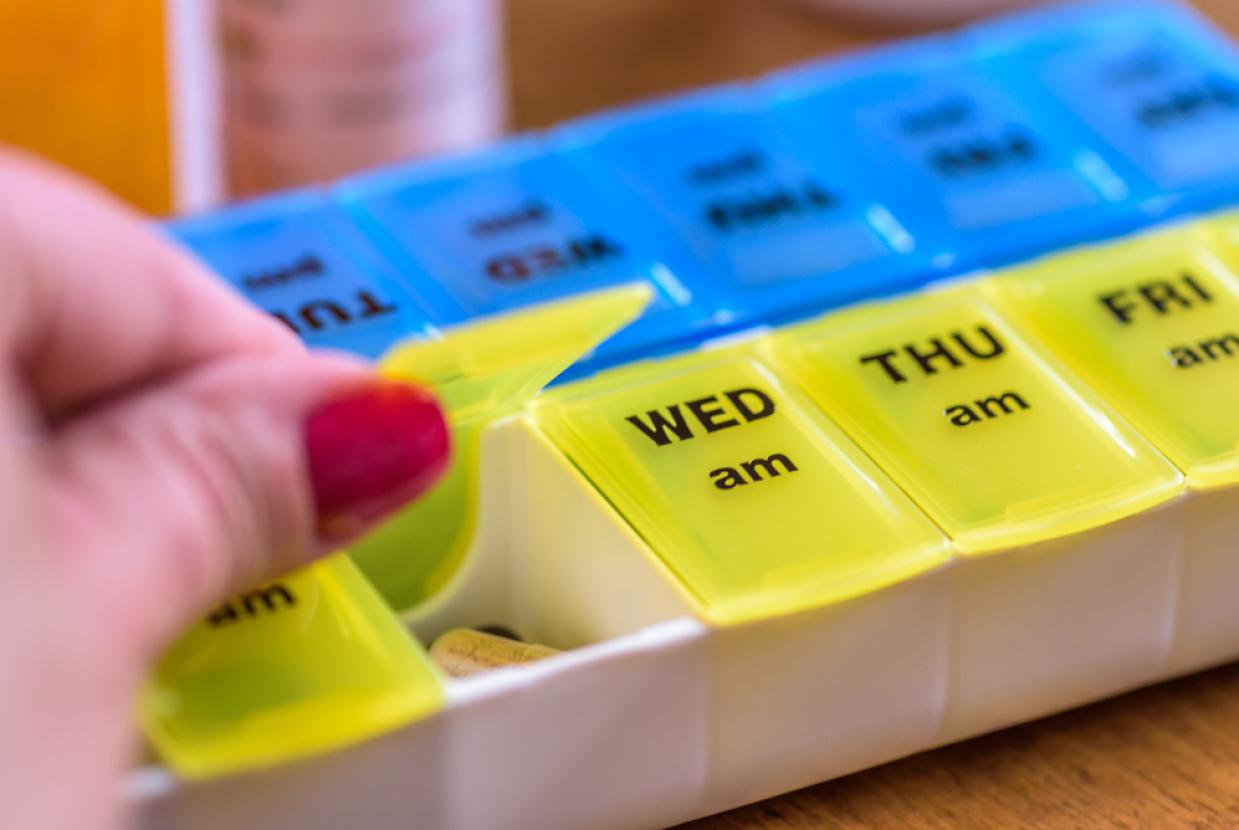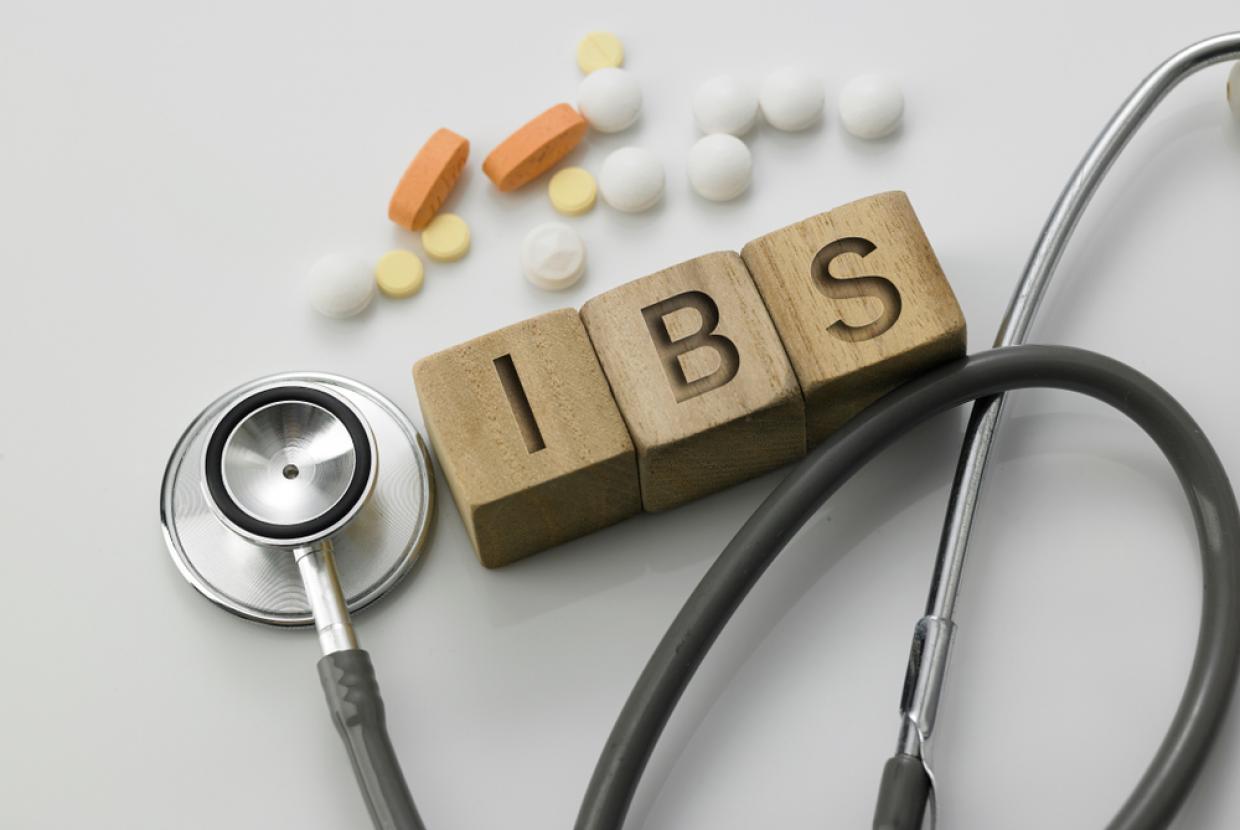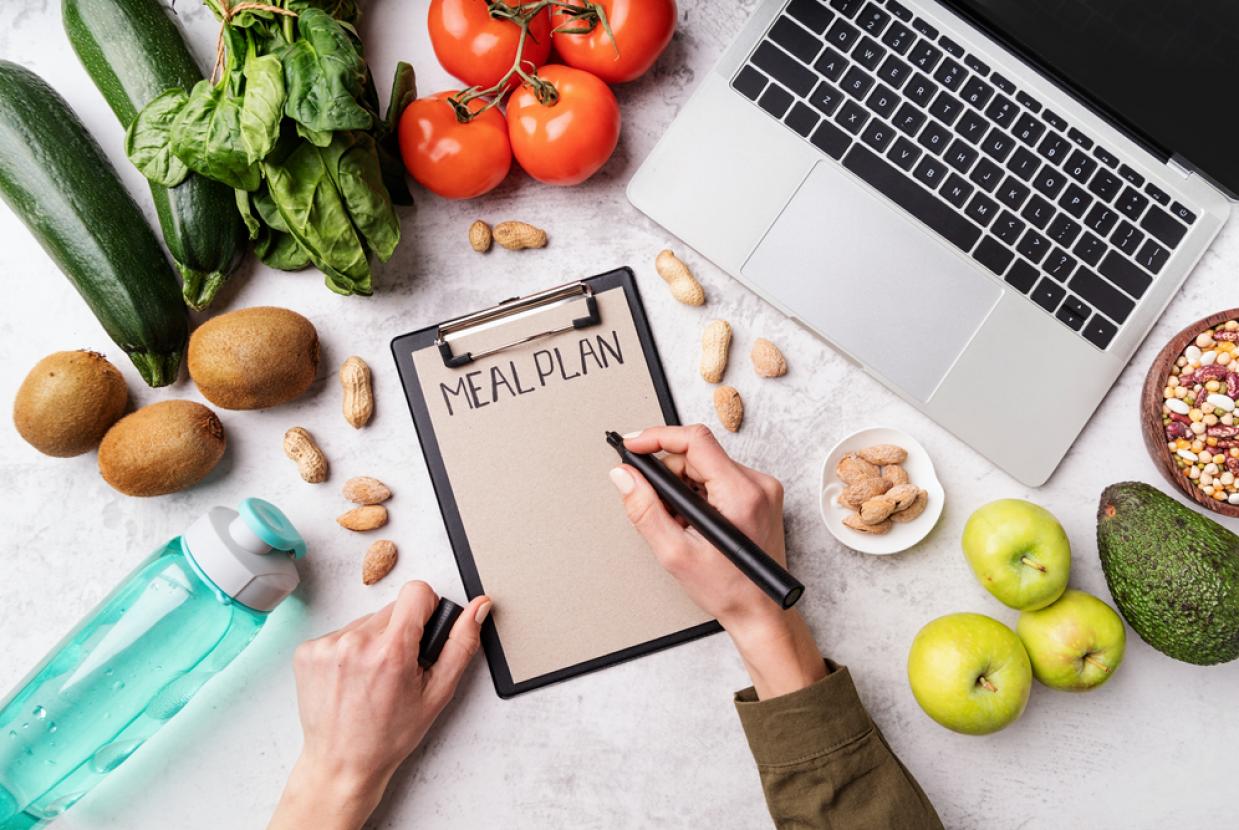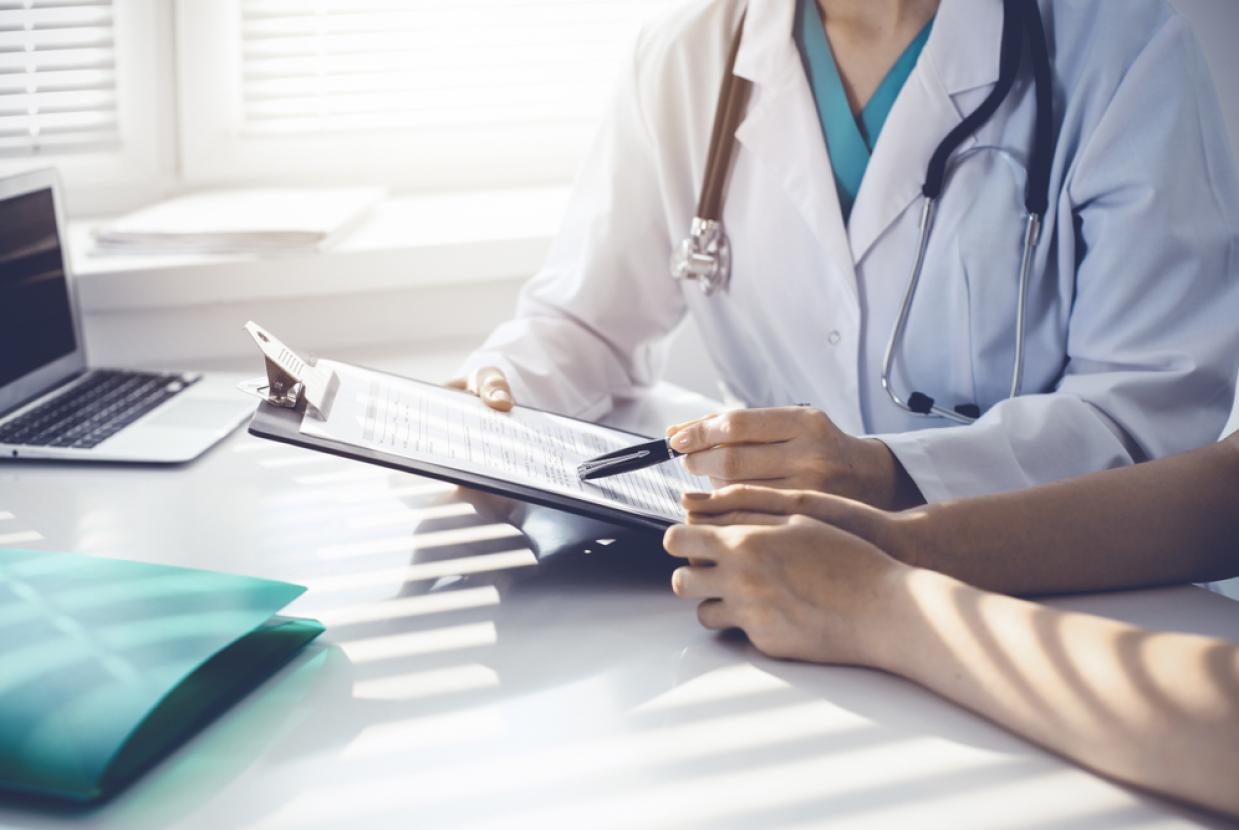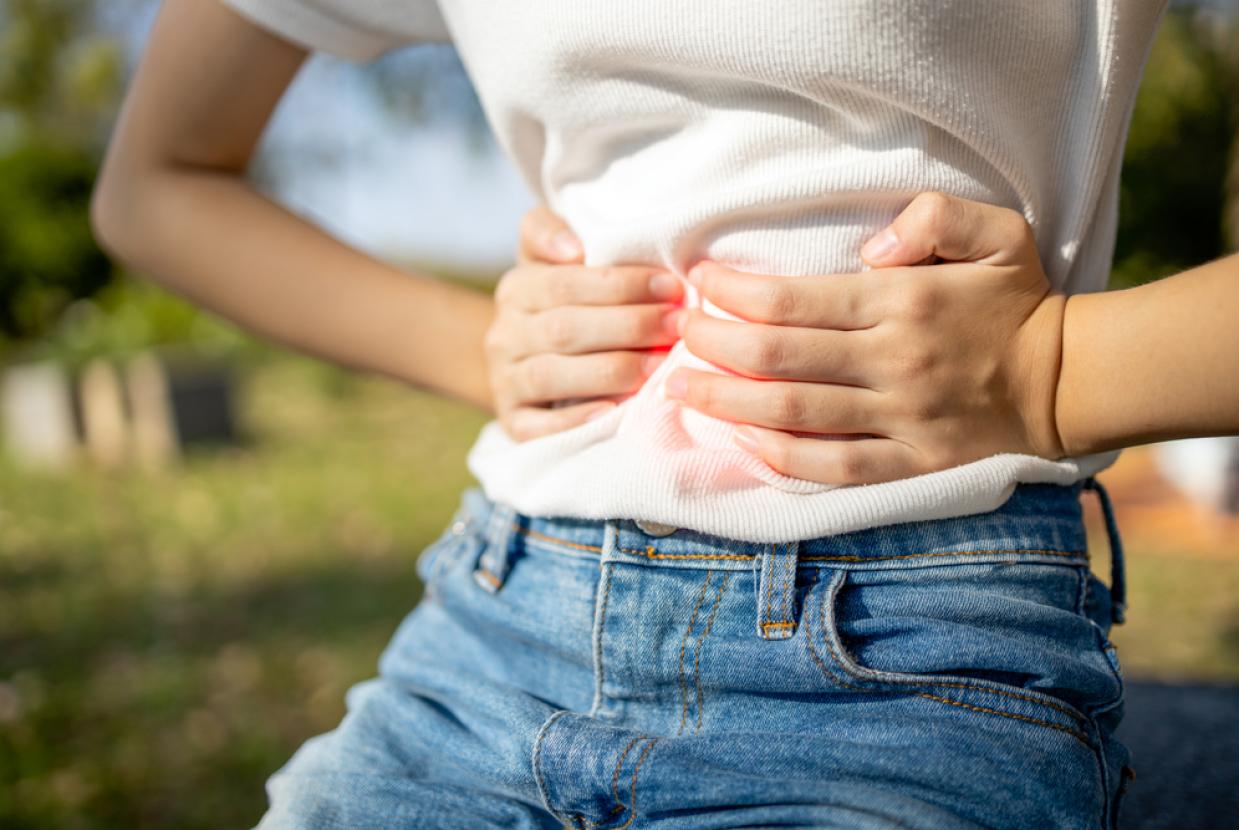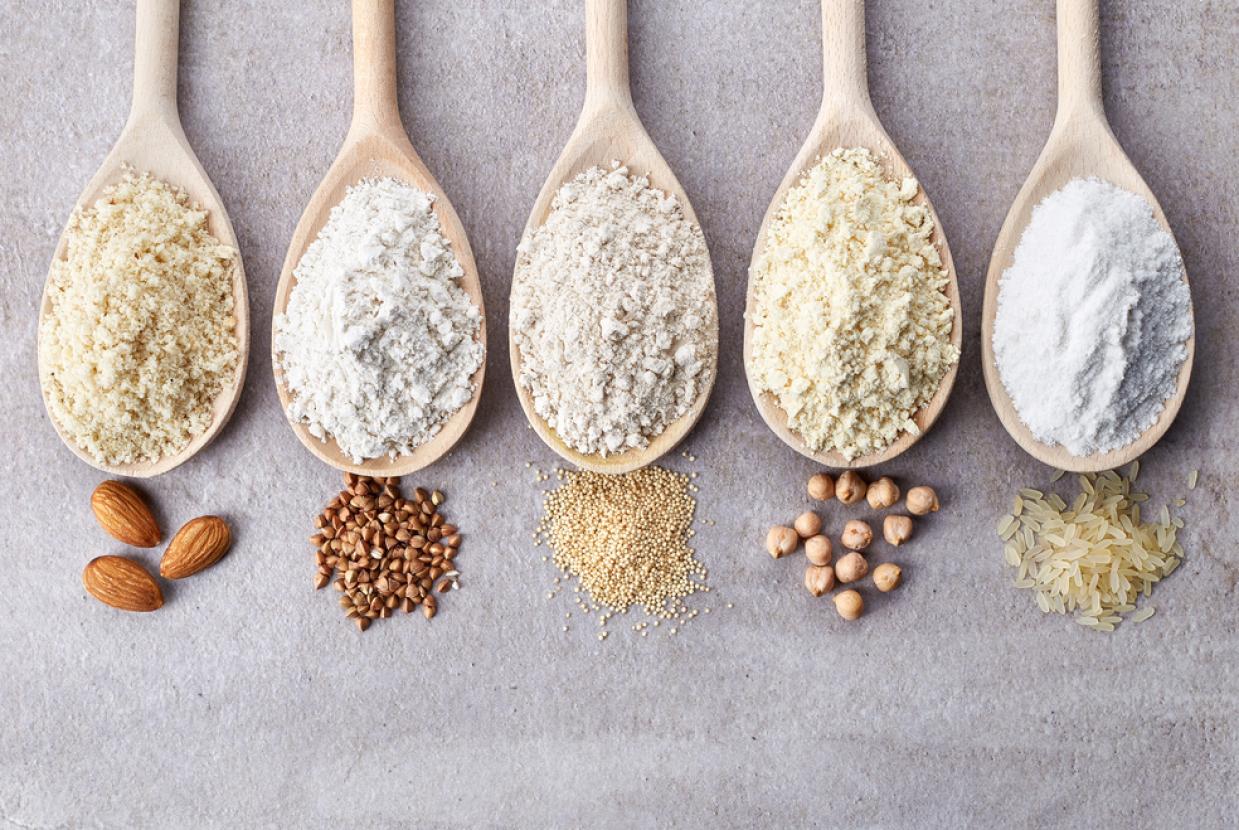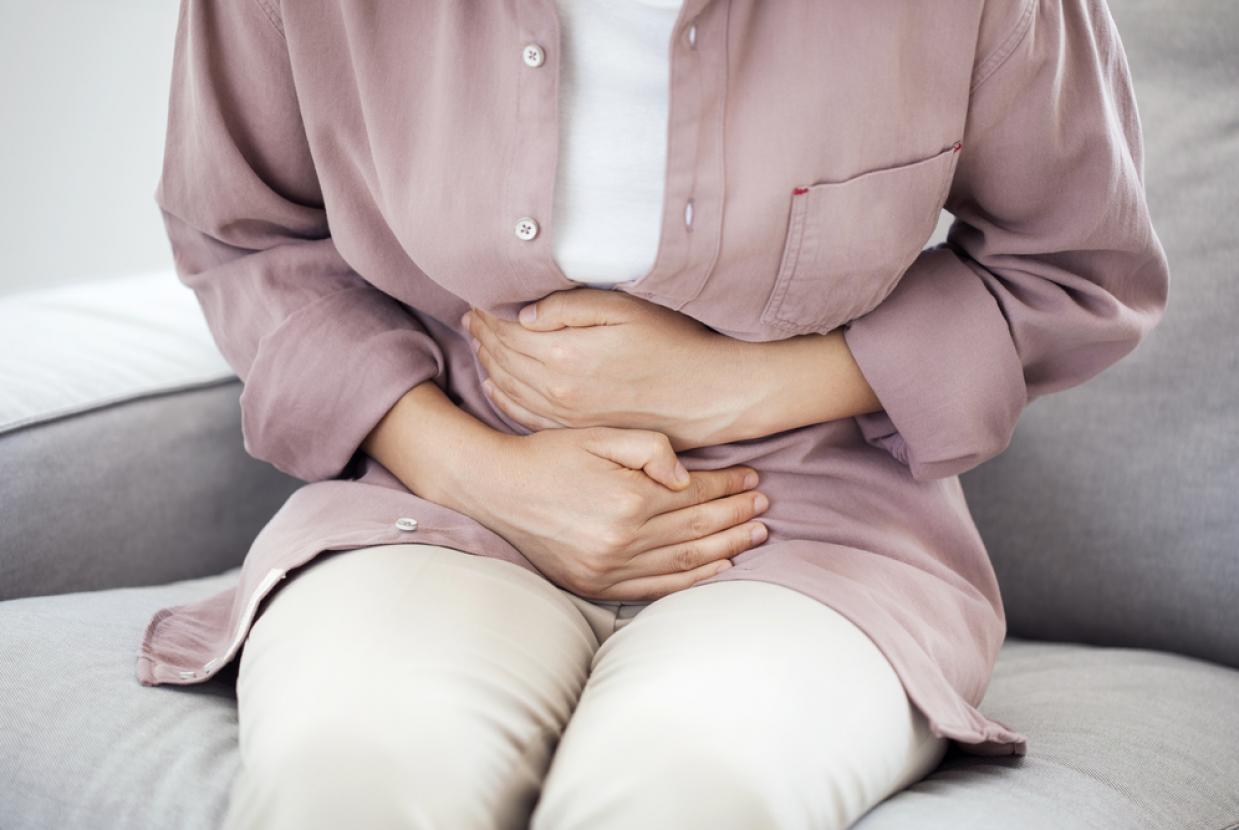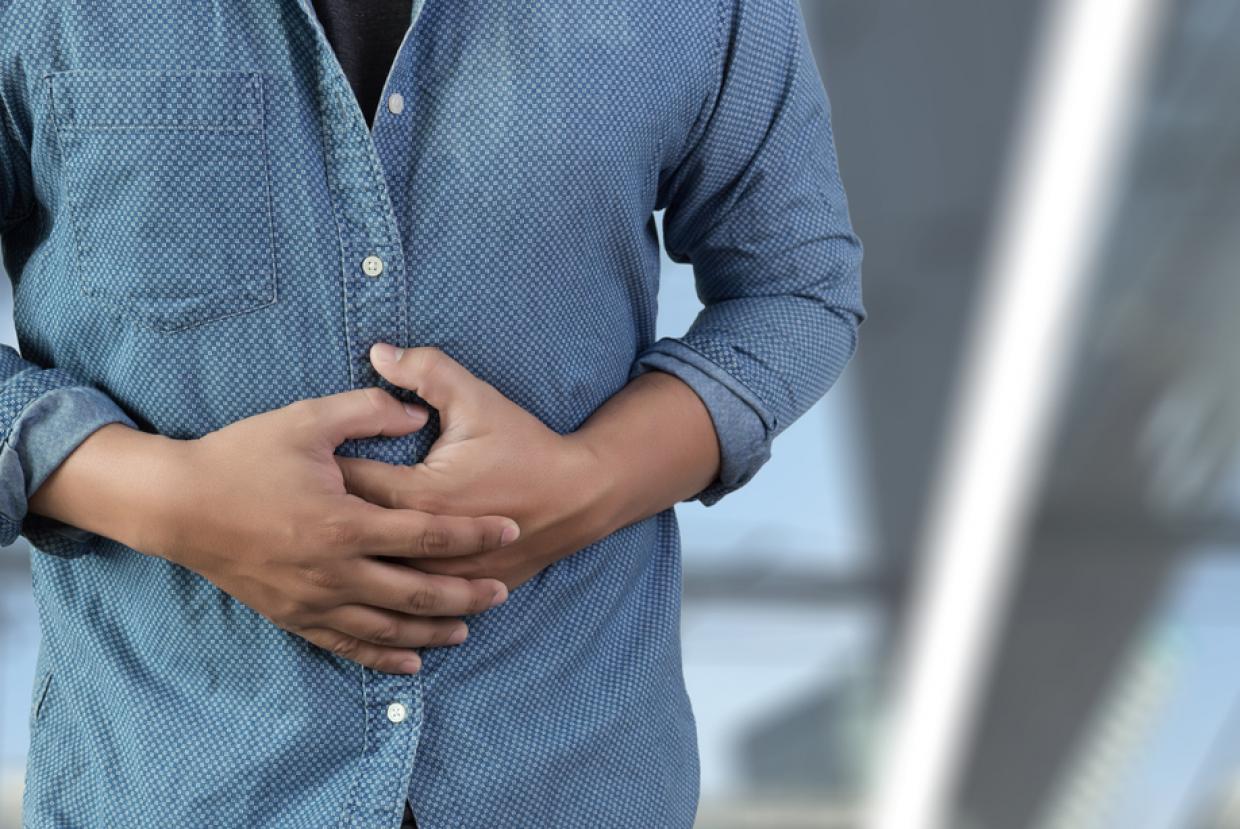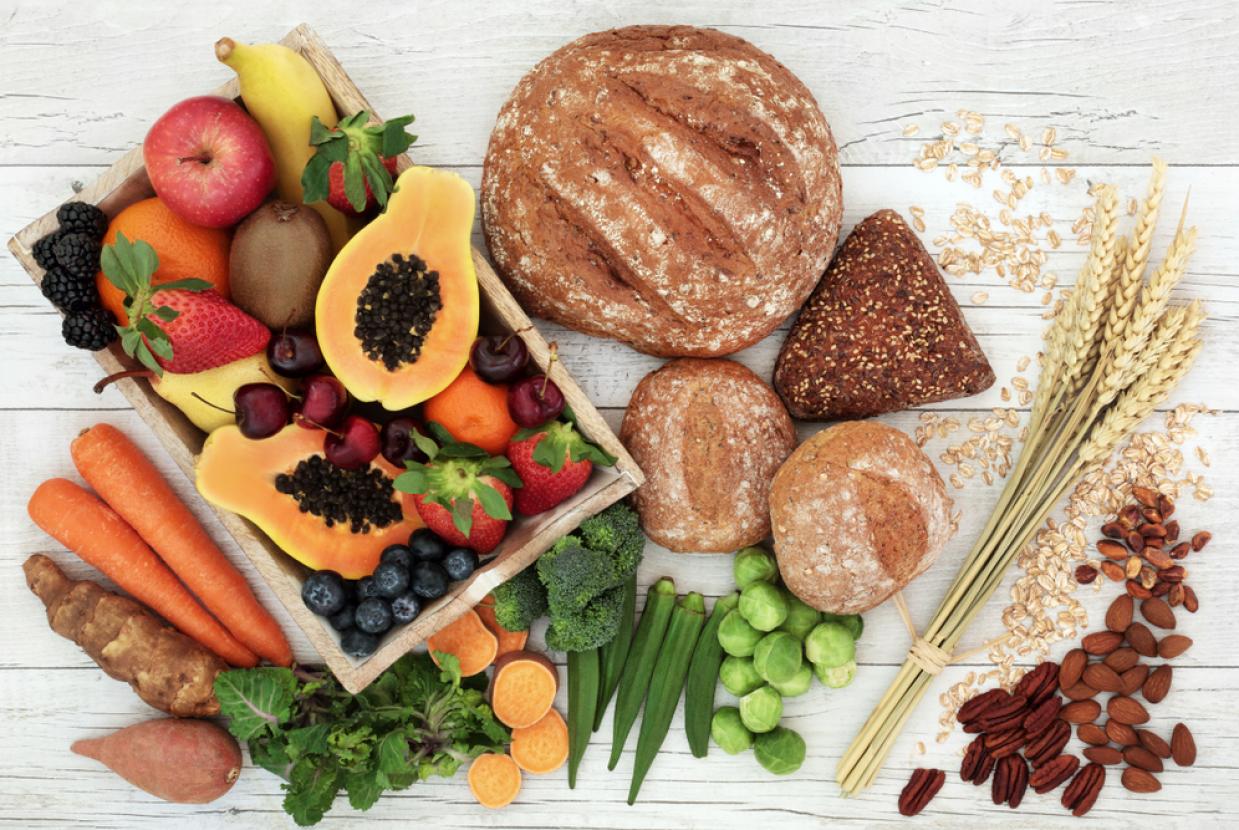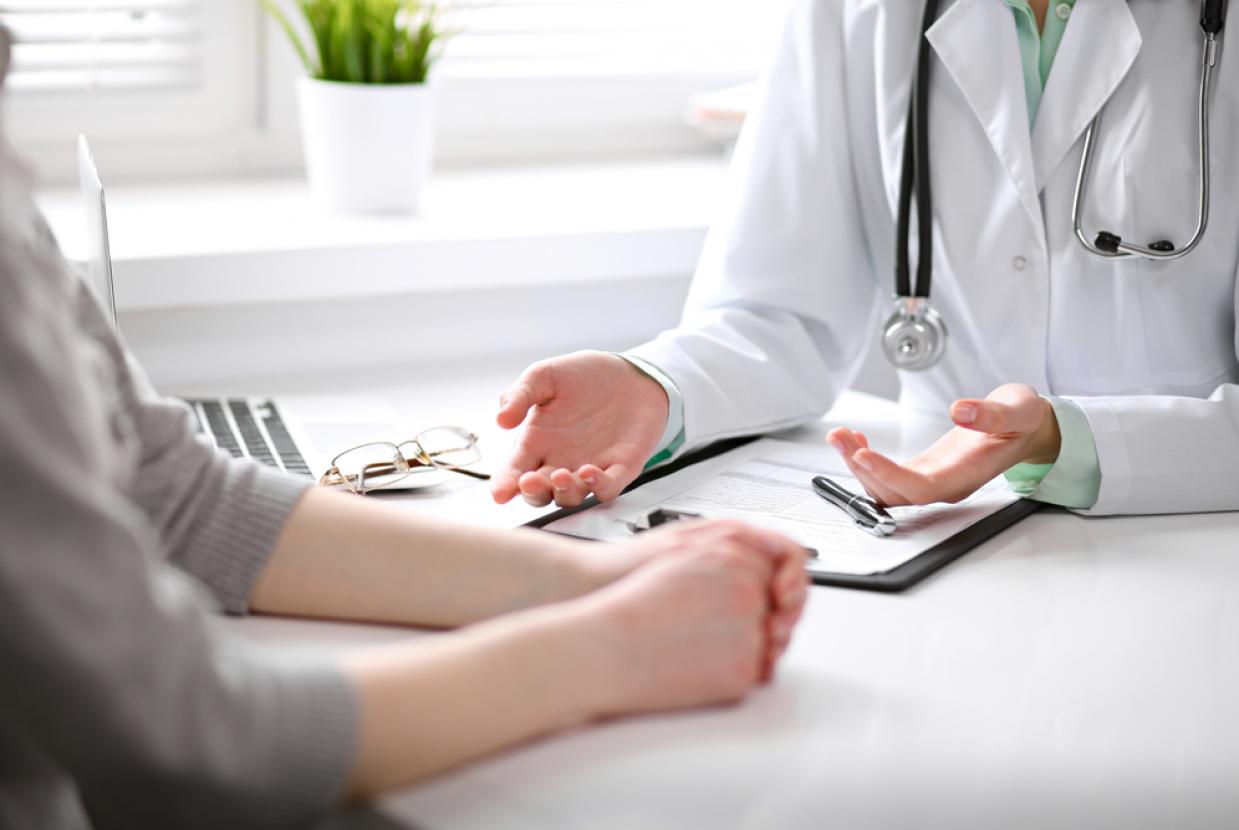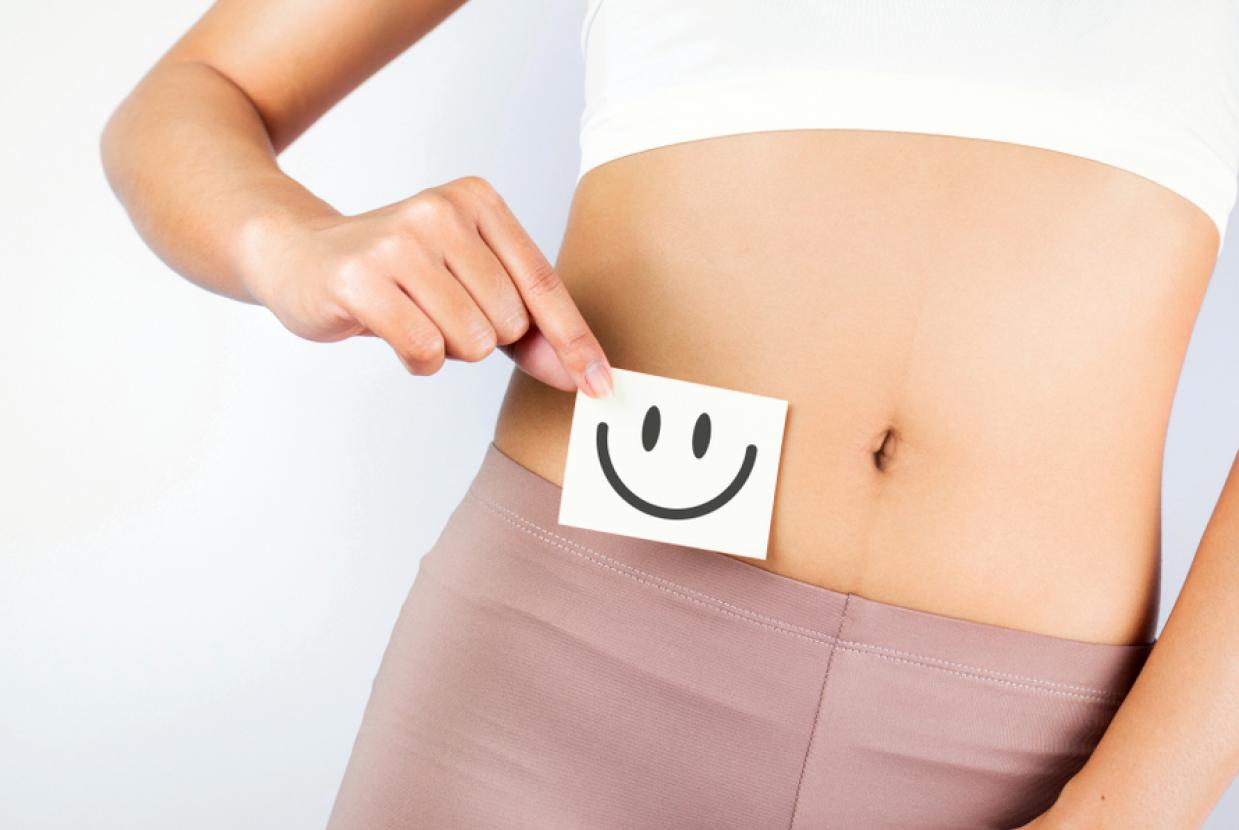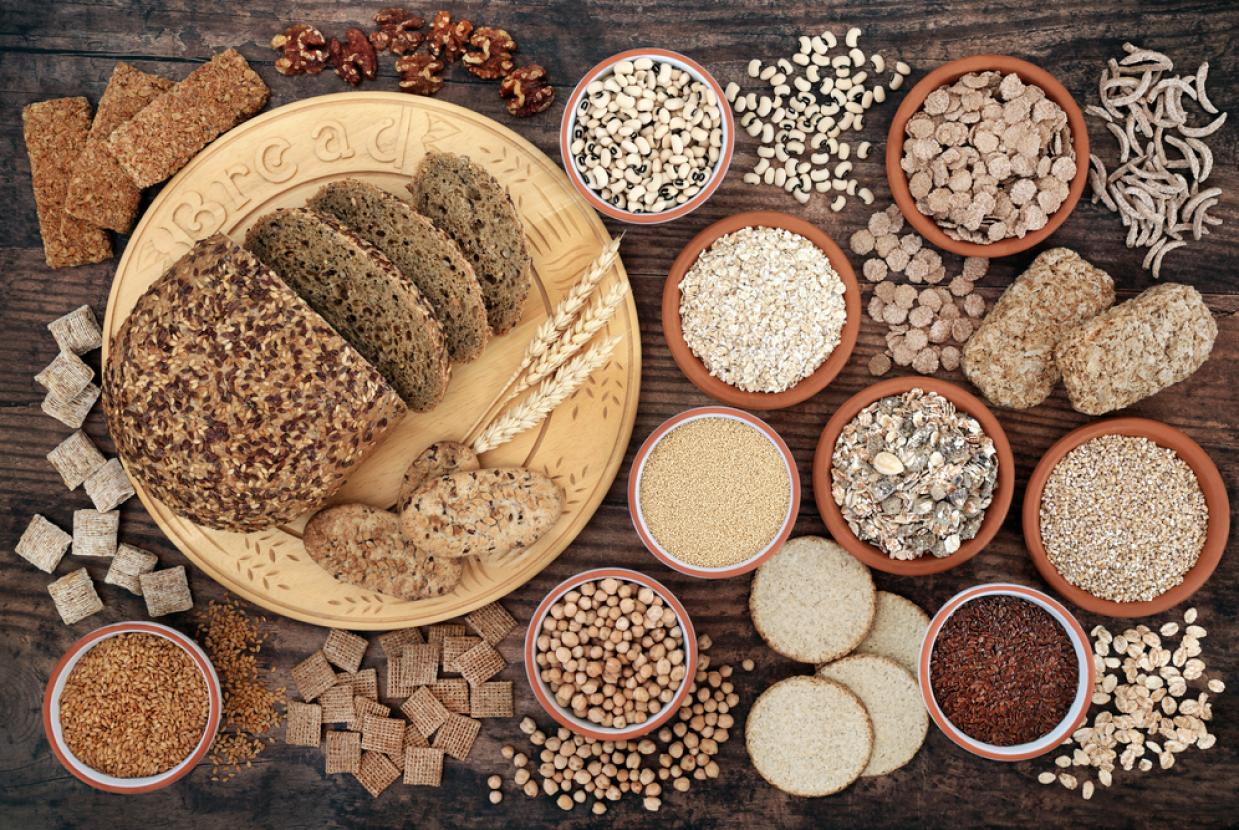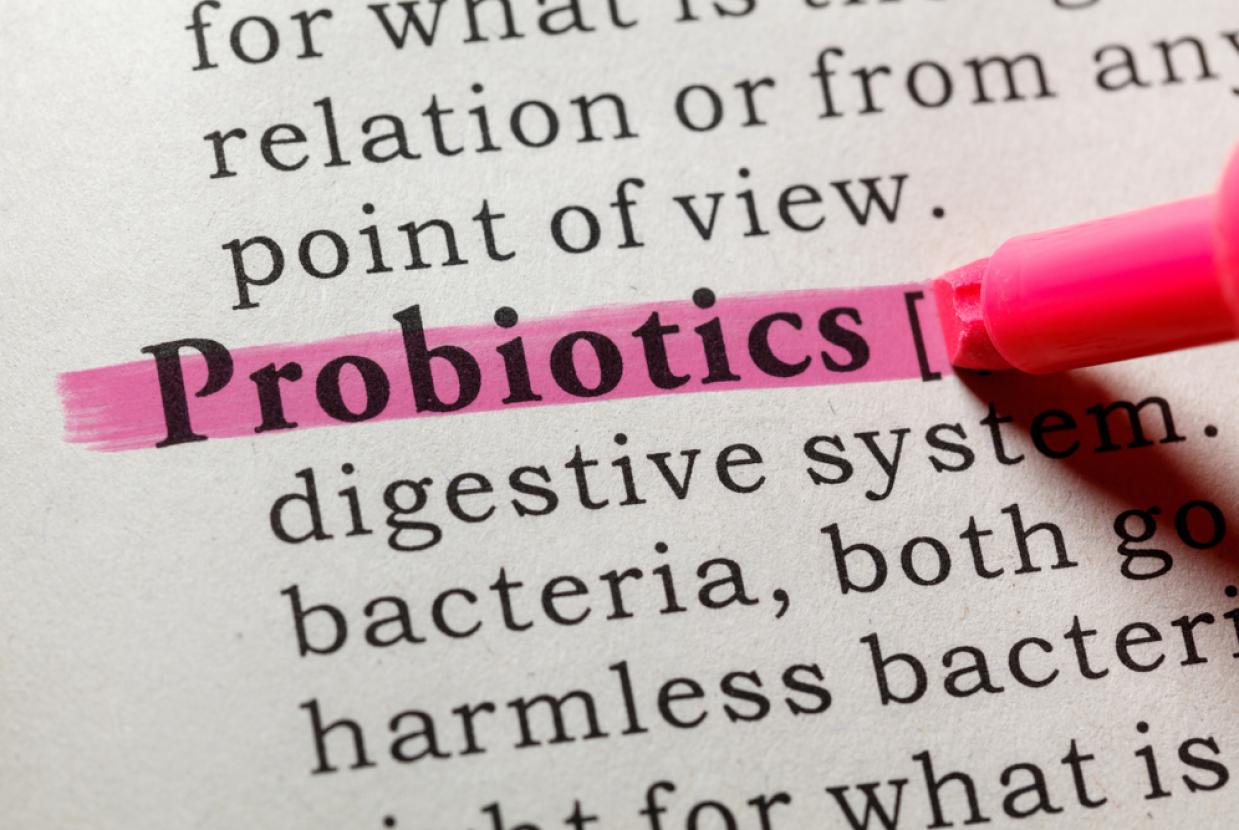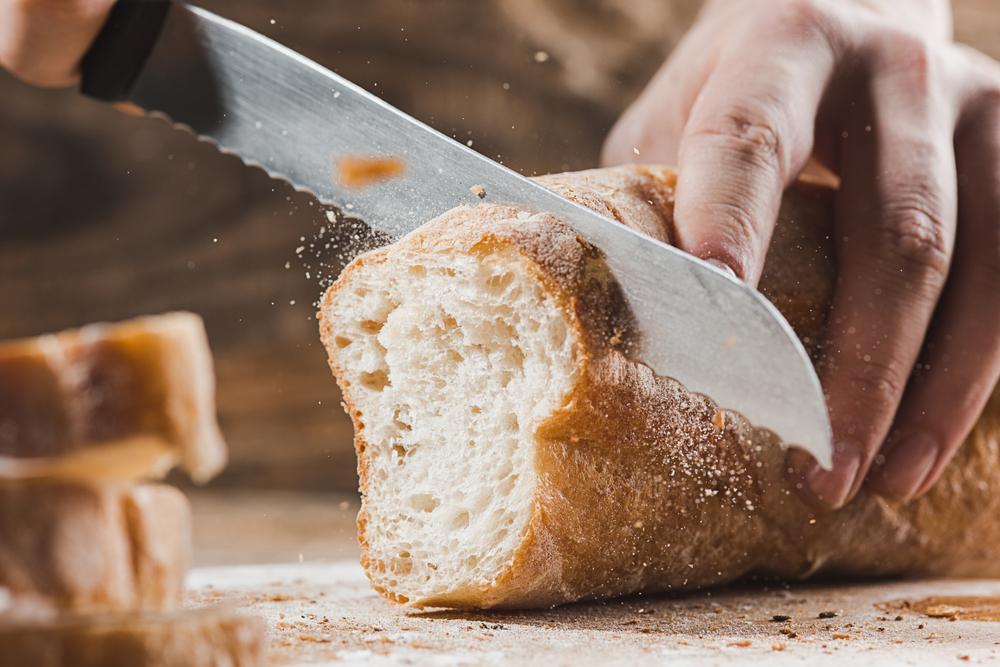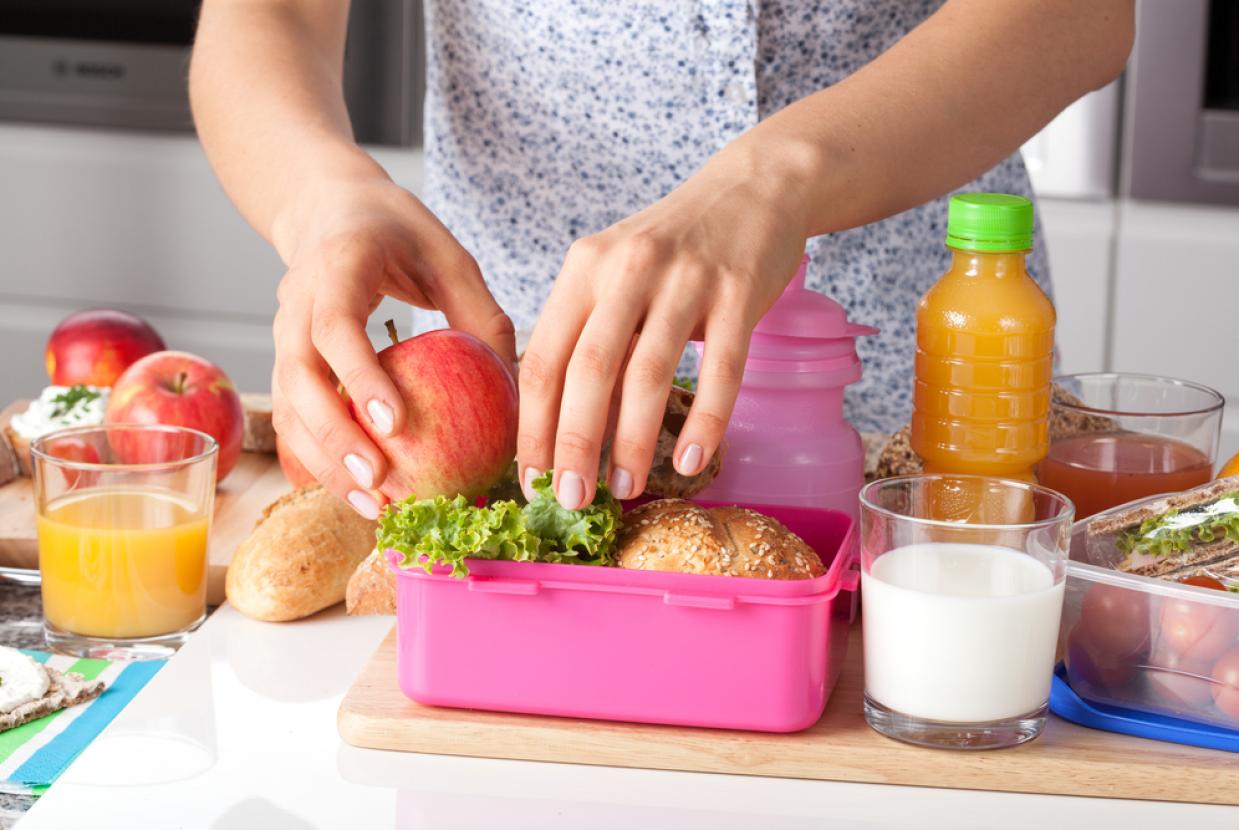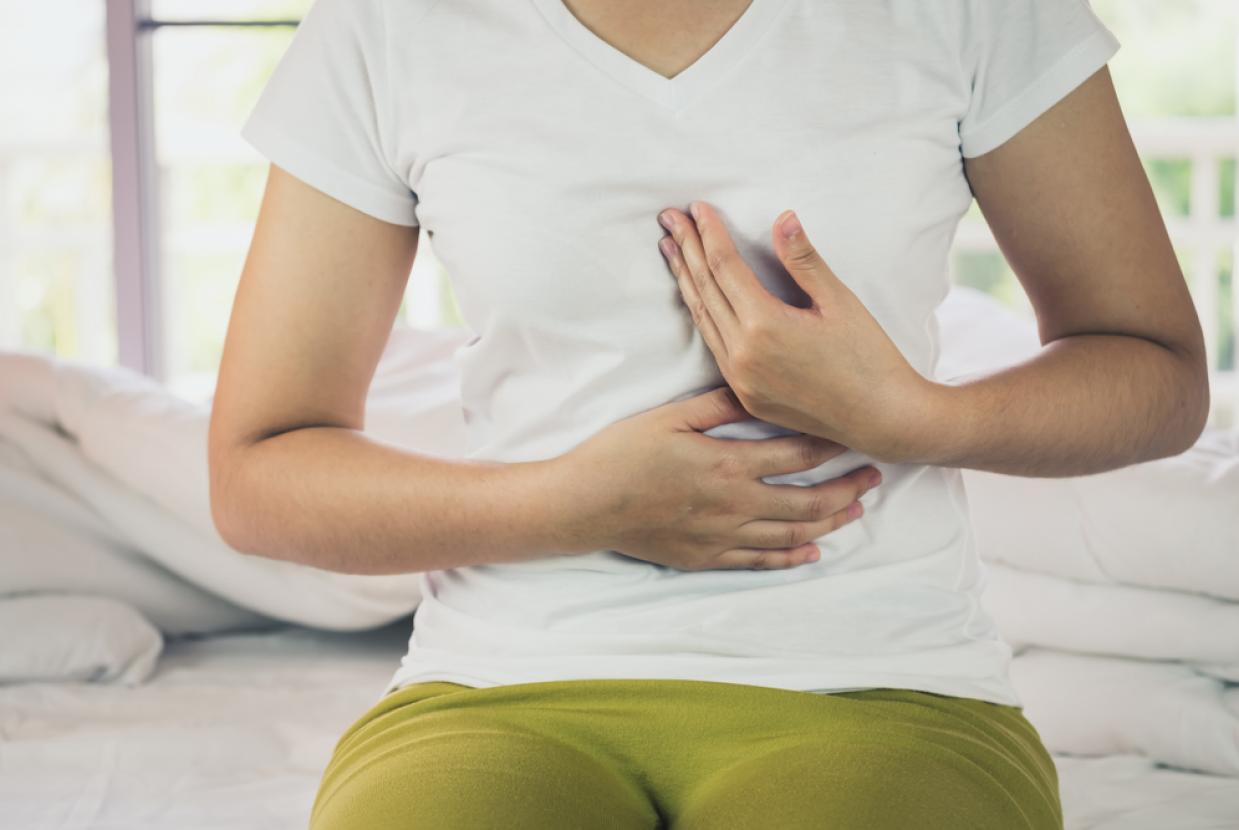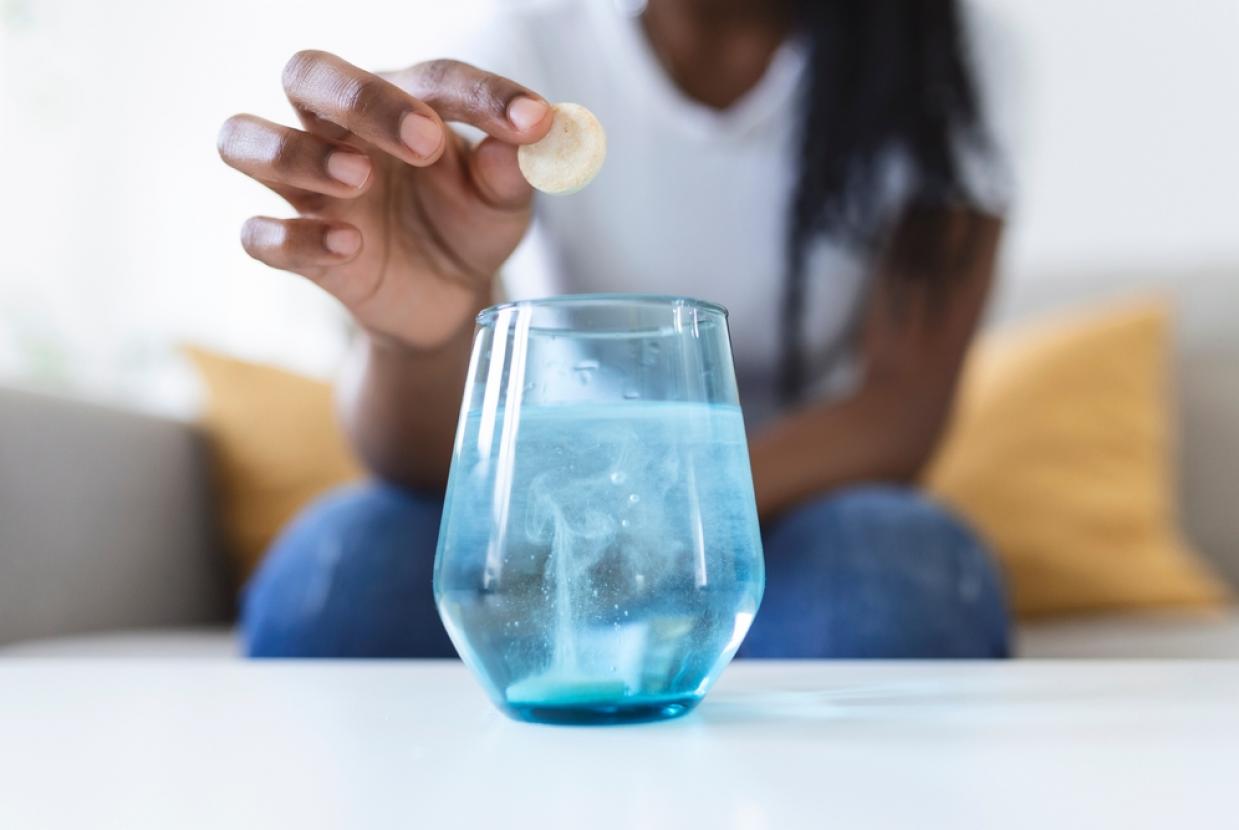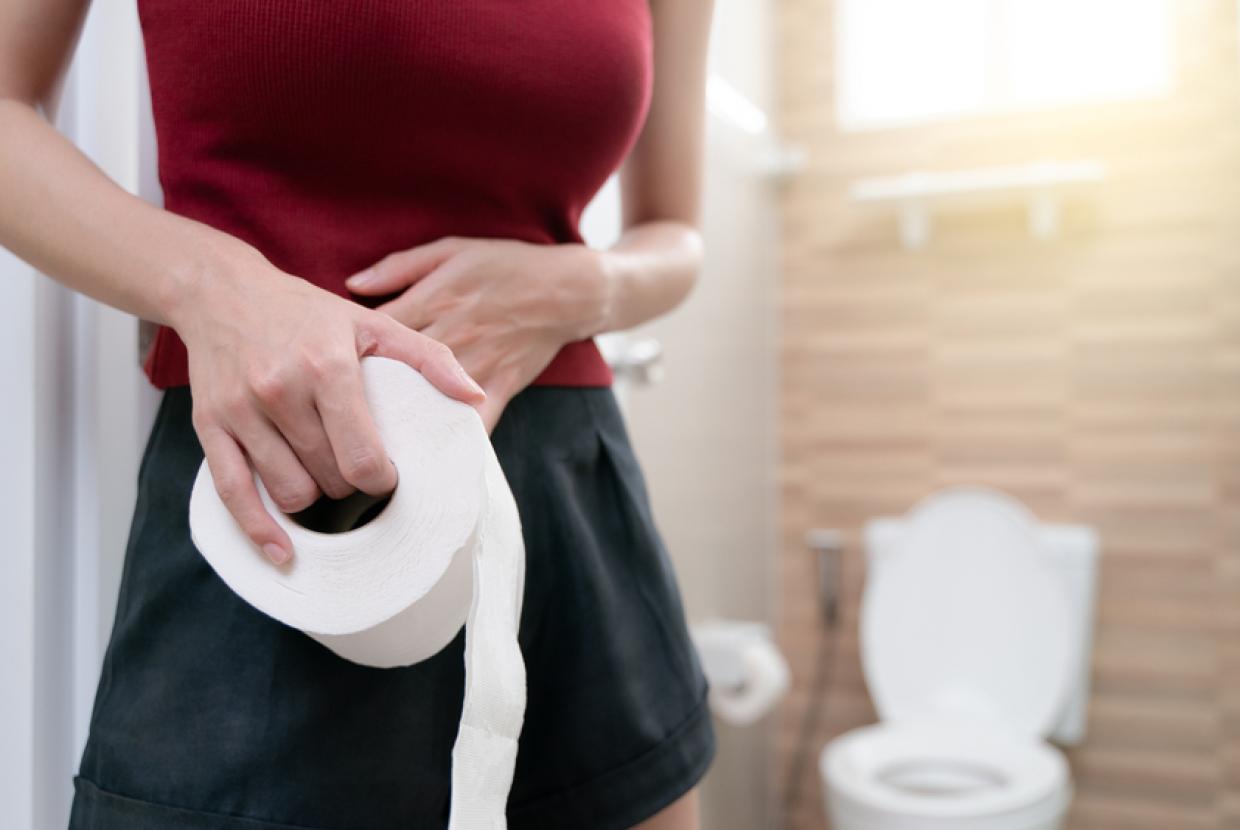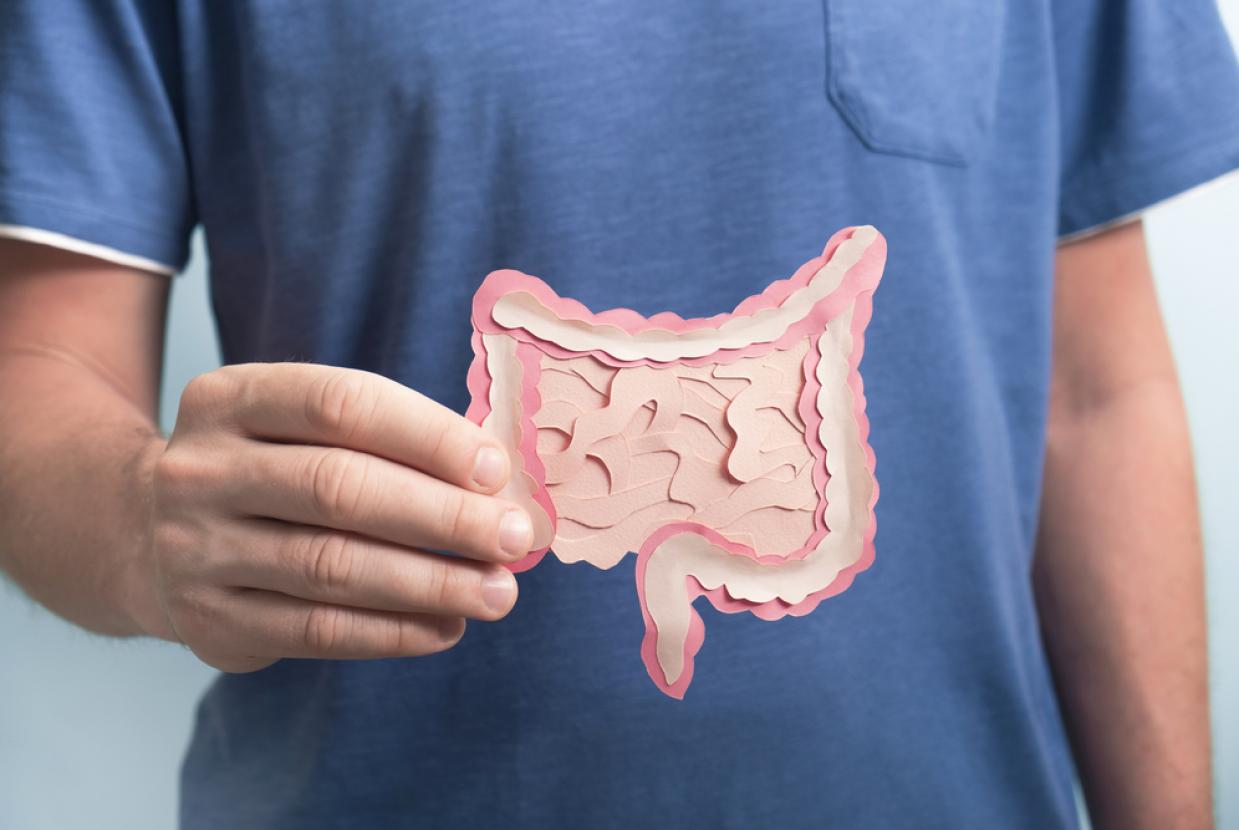Treatment
Coeliac disease is usually treated by excluding foods that contain gluten from your diet. This prevents damage to the lining of your intestines and the associated symptoms, such as diarrhoea and stomach pain. If you have coeliac disease, you must stop eating all sources of gluten for life. Your symptoms will return if you eat foods containing gluten, and it will cause long-term damage to your health.
This may sound difficult to do, but a GP can give you help and advice about ways to manage your diet. Your symptoms should improve considerably within weeks of starting a gluten-free diet. However, it may take up to 2 years for your digestive system to heal completely.
A GP will offer you an annual review during which your height and weight will be measured and your symptoms reviewed. They'll also ask you about your diet and assess whether you need any further help or specialist nutritional advice.
A gluten-free diet
When you're first diagnosed with coeliac disease, you'll be referred to a dietitian to help you adjust to your new diet without gluten. They can also ensure your diet is balanced and contains all the nutrients you need.
If you have coeliac disease, you'll no longer be able to eat foods that contain any barley, rye or wheat, including farina, semolina, durum, cous cous and spelt.
Even if you only eat a small amount of gluten, such as a spoonful of pasta, you may have very unpleasant intestinal symptoms. If you keep eating gluten regularly, you'll also be at greater risk of developing complications, such as osteoporosis and some types of cancer in later life.
Gluten is not essential in your diet and it can be replaced by other foods. There are many gluten-free versions of common foods such as pasta, pizza bases and bread available in supermarkets and health food shops. Some GPs may provide bread and bread mixes on prescription.
Many foods, such as meat, vegetables, cheese, potatoes and rice, are naturally free from gluten so you can still include them in your diet. A dietitian can help you identify which foods are safe to eat and which are not. If you're unsure, you can use the following lists as a general guide.
Foods containing gluten (not safe to eat)
If you have coeliac disease, do not eat the following foods, unless they're labelled as gluten-free versions:
- bread
- pasta
- cereals
- biscuits or crackers
- cakes and pastries
- pies
- gravies and sauces
It's important to always check the labels on the foods you buy. Many foods (particularly processed foods) include additives which contain gluten, such as malt flavouring and modified food starch.
Gluten may also be found in some non-food products, including lipstick, postage stamps and some medicines. Cross-contamination can happen if gluten-free foods and foods that contain gluten are prepared together or served with the same utensils.
Gluten-free foods (safe to eat)
If you have coeliac disease, you can eat the following foods, which naturally do not contain gluten:
- most dairy products, such as cheese, butter and milk
- fruits and vegetables
- meat and fish (although not breaded or battered)
- potatoes
- rice and rice noodles
- gluten-free flours, including rice, corn, soy and potato flour
By law, food labelled as gluten-free can contain no more than 20 parts per million (ppm) of gluten. For most people with coeliac disease, these trace amounts of gluten will not cause a problem. However, a small number of people are unable to tolerate even trace amounts of gluten and need to have a diet completely free from cereals.
Oats
Oats do not contain gluten, but many people with coeliac disease avoid eating them because they can become contaminated with other cereals that contain gluten.
There's also some evidence to suggest that a very small number of people may still be sensitive to products that are gluten-free and do not contain contaminated oats. This is because oats contain a protein called avenin, which is suitable for most people with coeliac disease but may trigger symptoms in a few people.
If, after discussing this with your healthcare professional, you want to include oats in your diet, check the oats are pure and that there's no possibility of contamination with gluten. Avoid oats or oat products that are not labelled gluten-free.
Advice on feeding your baby
Do not introduce gluten into your baby's diet before they're 6 months old. Breast milk is naturally gluten-free as are all infant milk formulas.
The Coeliac UK website provides more information about feeding your baby.
Other treatments
As well as eliminating foods that contain gluten from your diet, there are other treatments available for coeliac disease.
Vaccinations
In some people, coeliac disease can cause the spleen to work less effectively, making you more vulnerable to infection.
You may therefore need to have extra vaccinations, including:
- flu vaccine
- Hib/MenC vaccine, which protects against sepsis (blood poisoning), pneumonia and meningitis (an infection of the lining of the brain)
- pneumococcal vaccine, which protects against infections caused by the Streptococcus pneumoniae bacterium
However, if your spleen is unaffected by coeliac disease, these vaccinations are not usually necessary.
Supplements
As well as cutting gluten out of your diet, a GP or dietitian may also recommend taking vitamin and mineral supplements if you need them, for example for iron deficiency anaemia.
This will ensure you get all the nutrients you need while your digestive system repairs itself.
Dermatitis herpetiformis
If you have dermatitis herpetiformis (an itchy rash that can be caused by gluten intolerance), cutting gluten out of your diet should help.
However, it can sometimes take longer for a gluten-free diet to clear the rash than it does to control your other symptoms, such as diarrhoea and stomach pain.
If this is the case, you may be prescribed medicine to speed up the healing of the rash. It's likely that this will be a medicine called dapsone, which usually comes as a tablet you swallow twice a day.
Dapsone can cause side effects, such as anaemia, headaches and depression, so you'll always be prescribed the lowest effective dose. You may have regular blood tests to check for anaemia.
You may need to take medicine for up to 2 years to control dermatitis herpetiformis. After this time, you should have been following a gluten-free diet long enough for the rash to be controlled without the need for medicine.
Refractory coeliac disease
Refractory coeliac disease is a rarer type of coeliac disease where the symptoms continue, even after switching to a gluten-free diet. The reasons for this are unclear.
If refractory coeliac disease is suspected, it's likely you'll be referred for a series of tests to make sure your symptoms are not being caused by another condition.
If no other cause can be found and the diagnosis is confirmed, you'll be referred to a specialist. Treatment options include steroid medicine, such as prednisolone, or immunosuppressant medicine, which help block the harmful effects of the immune system.


